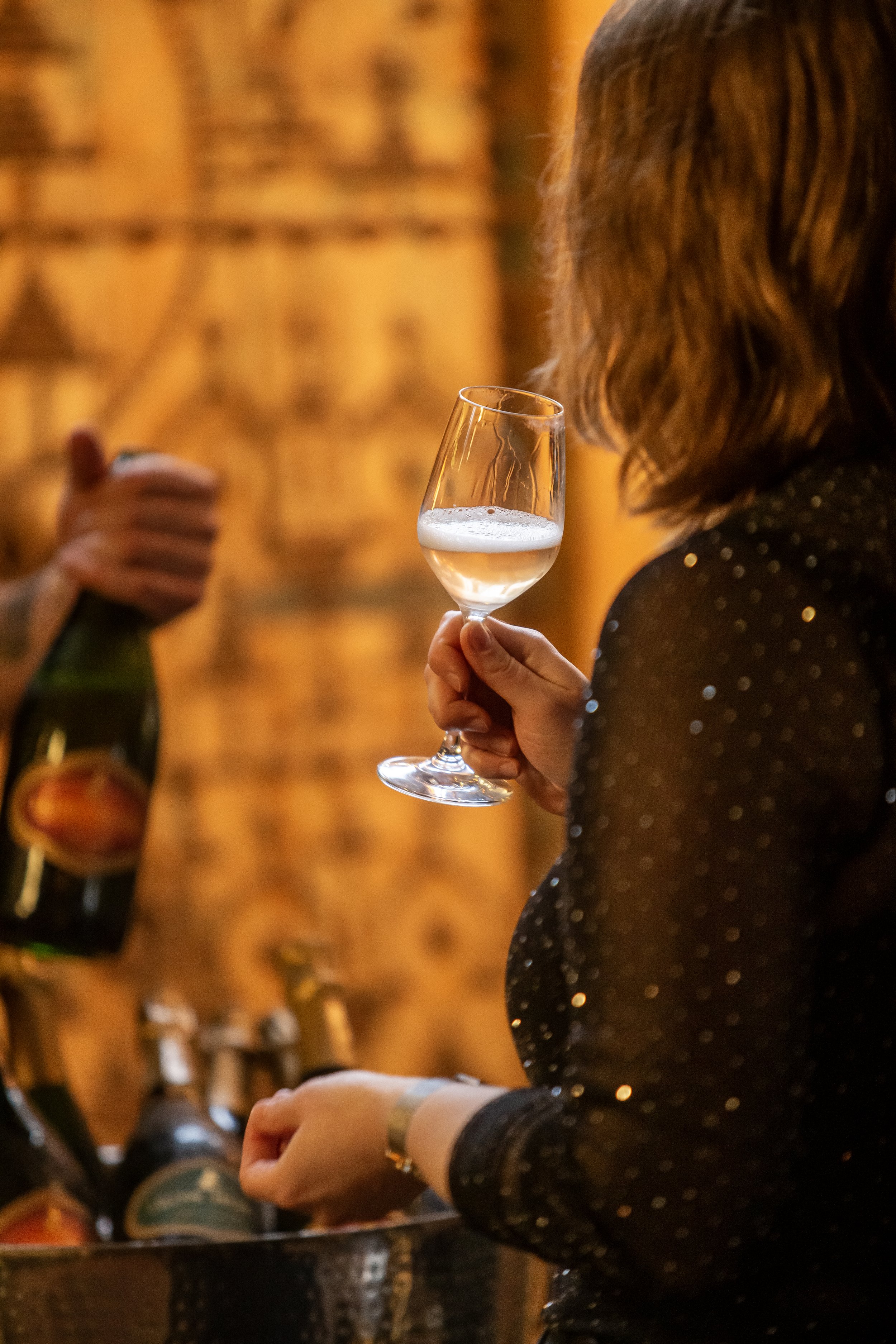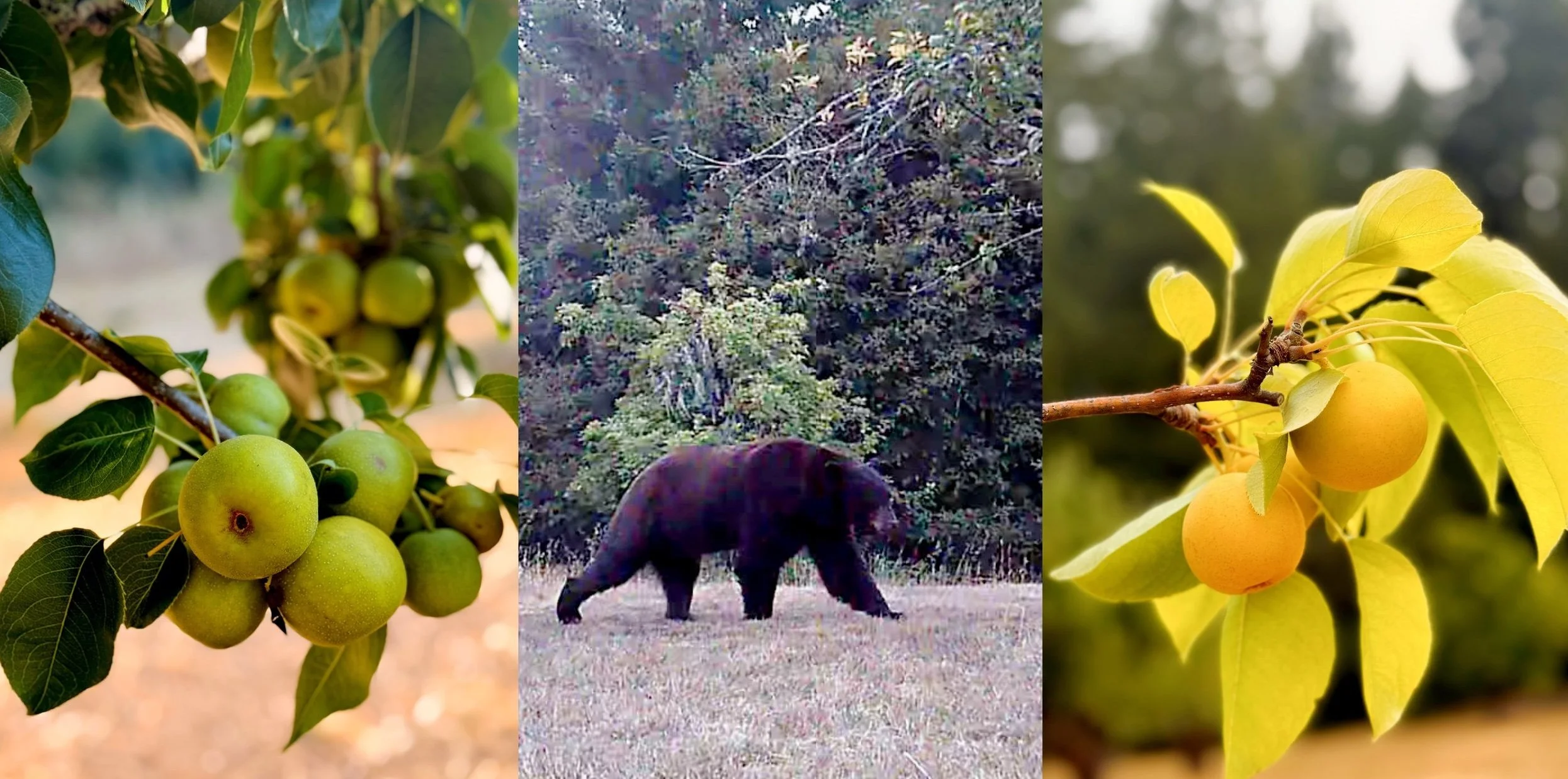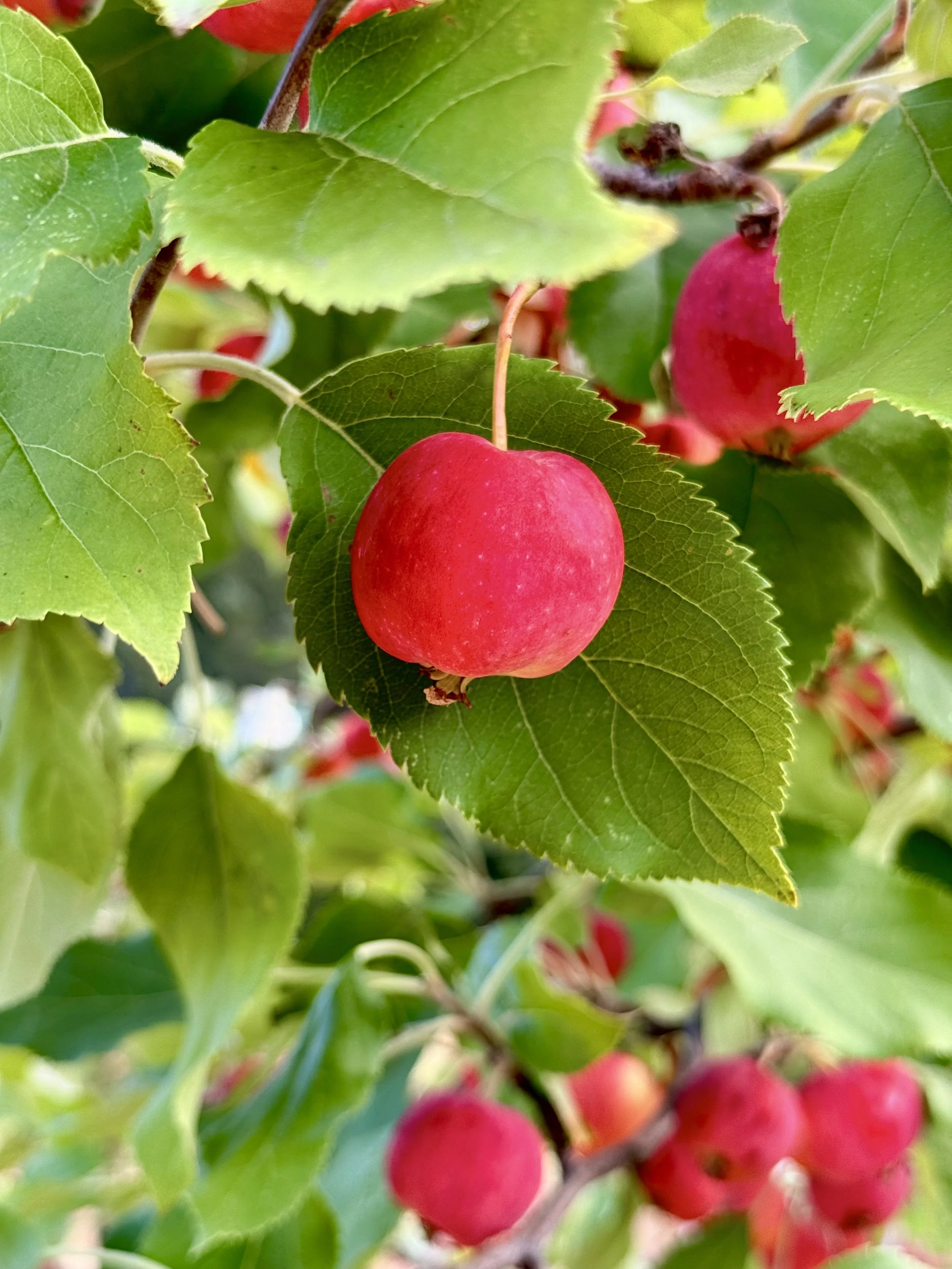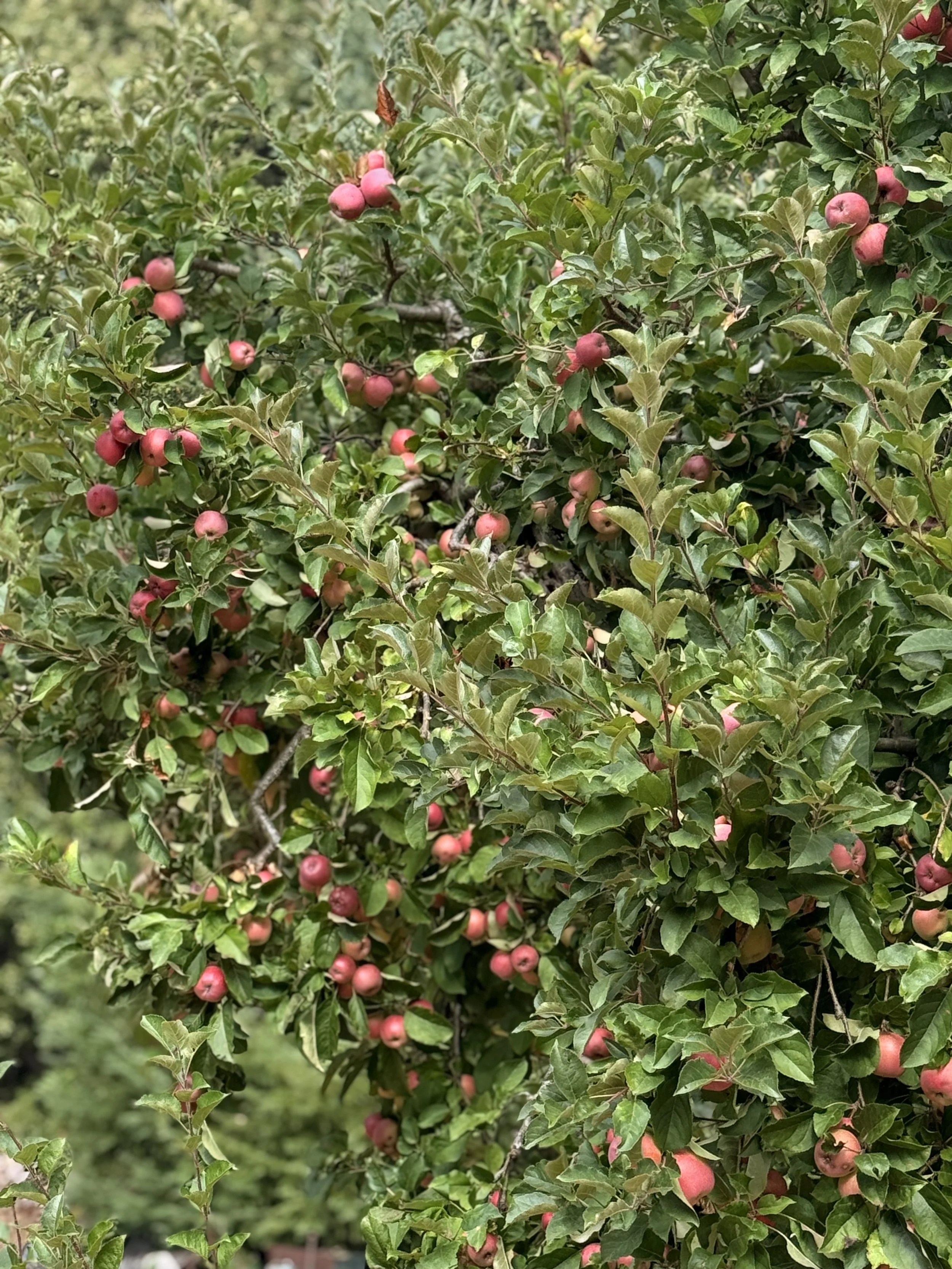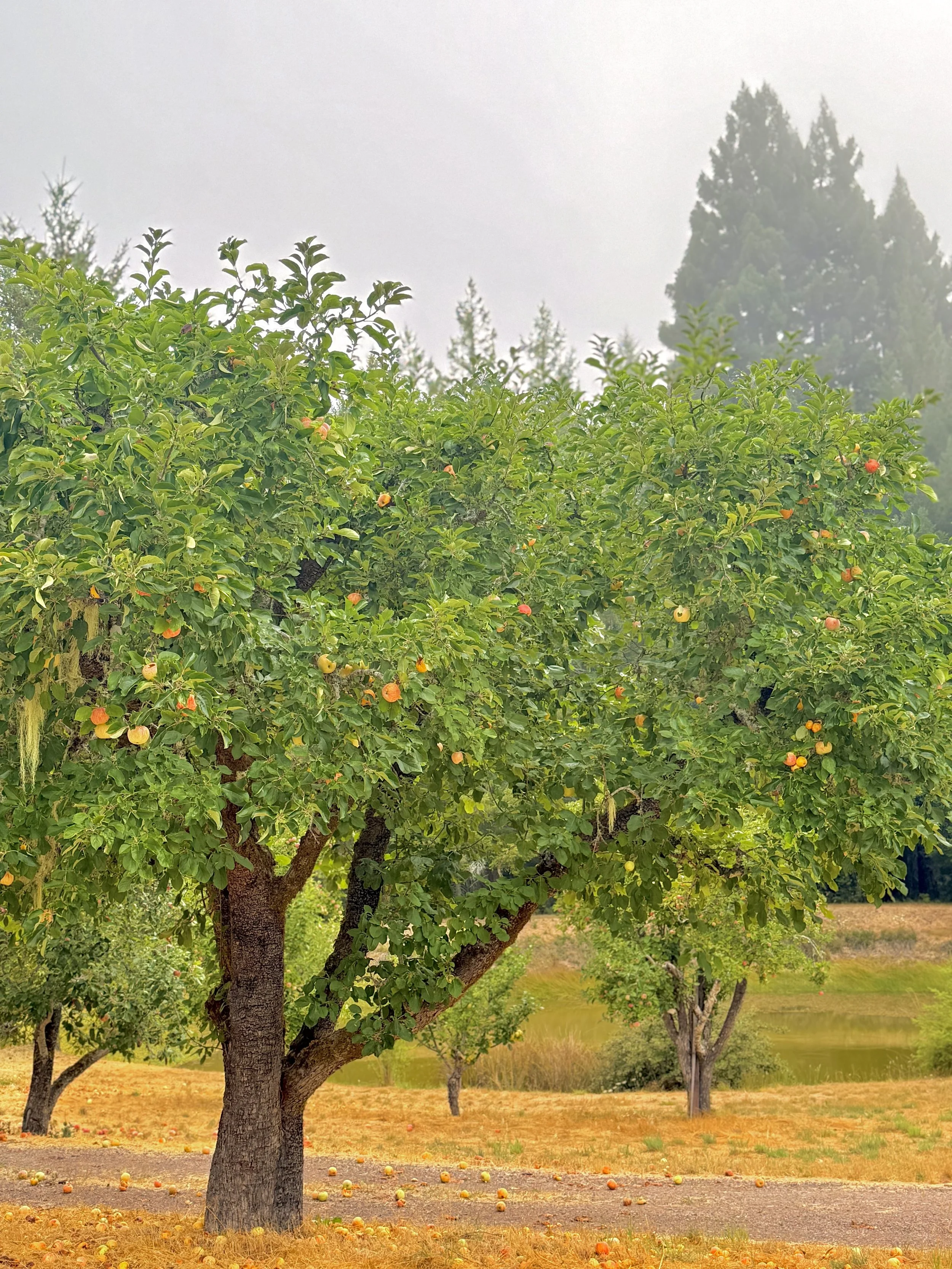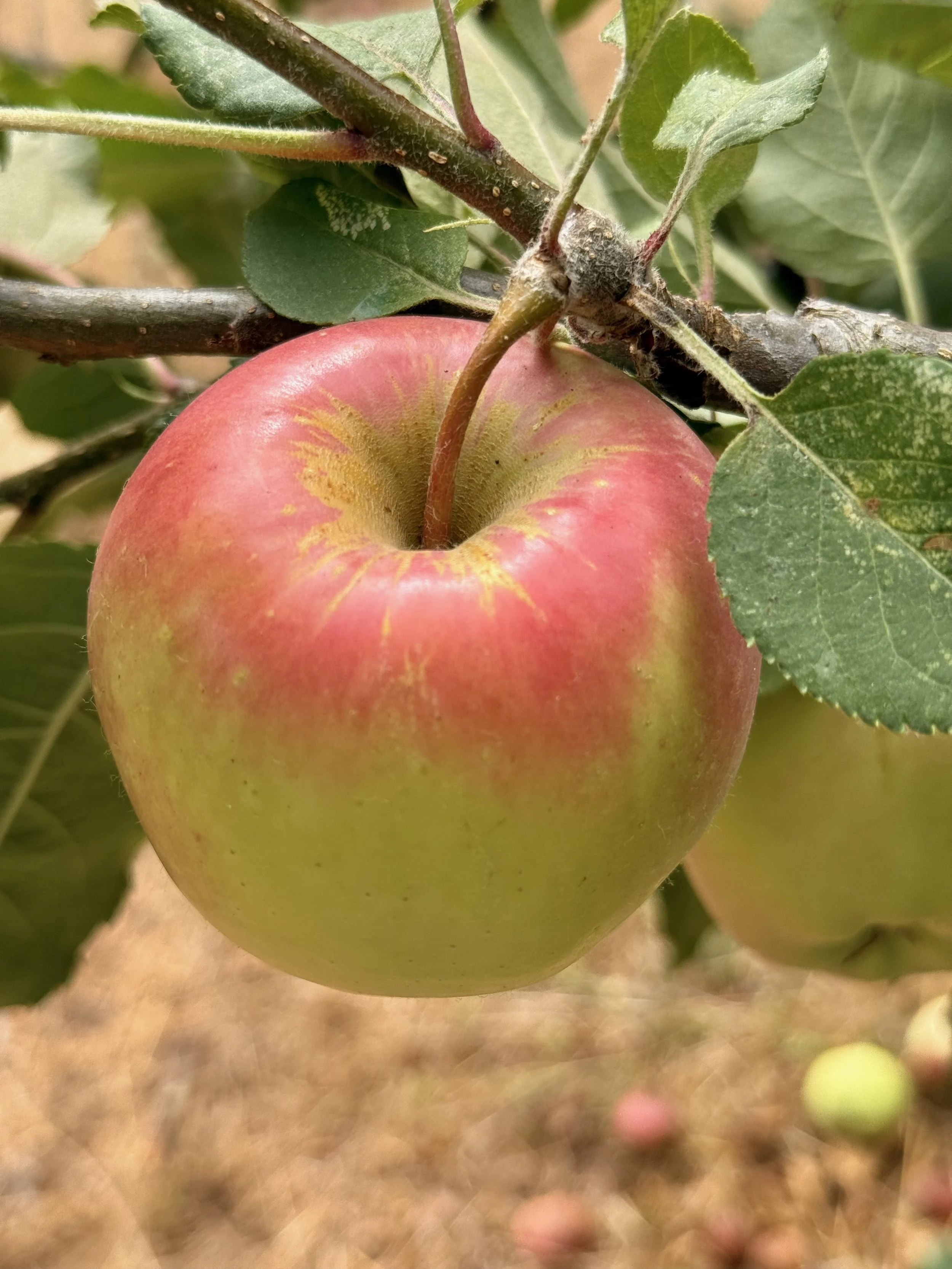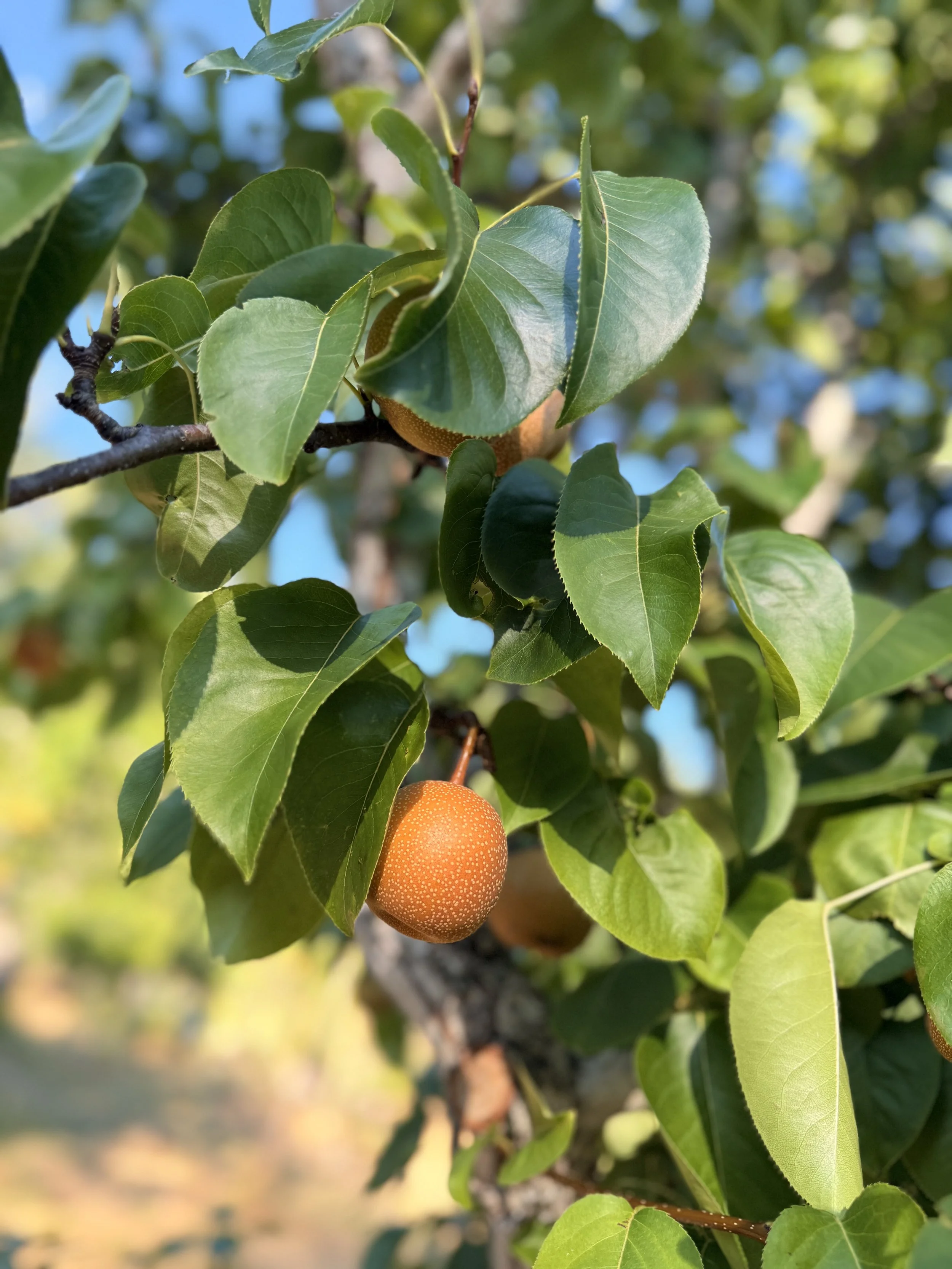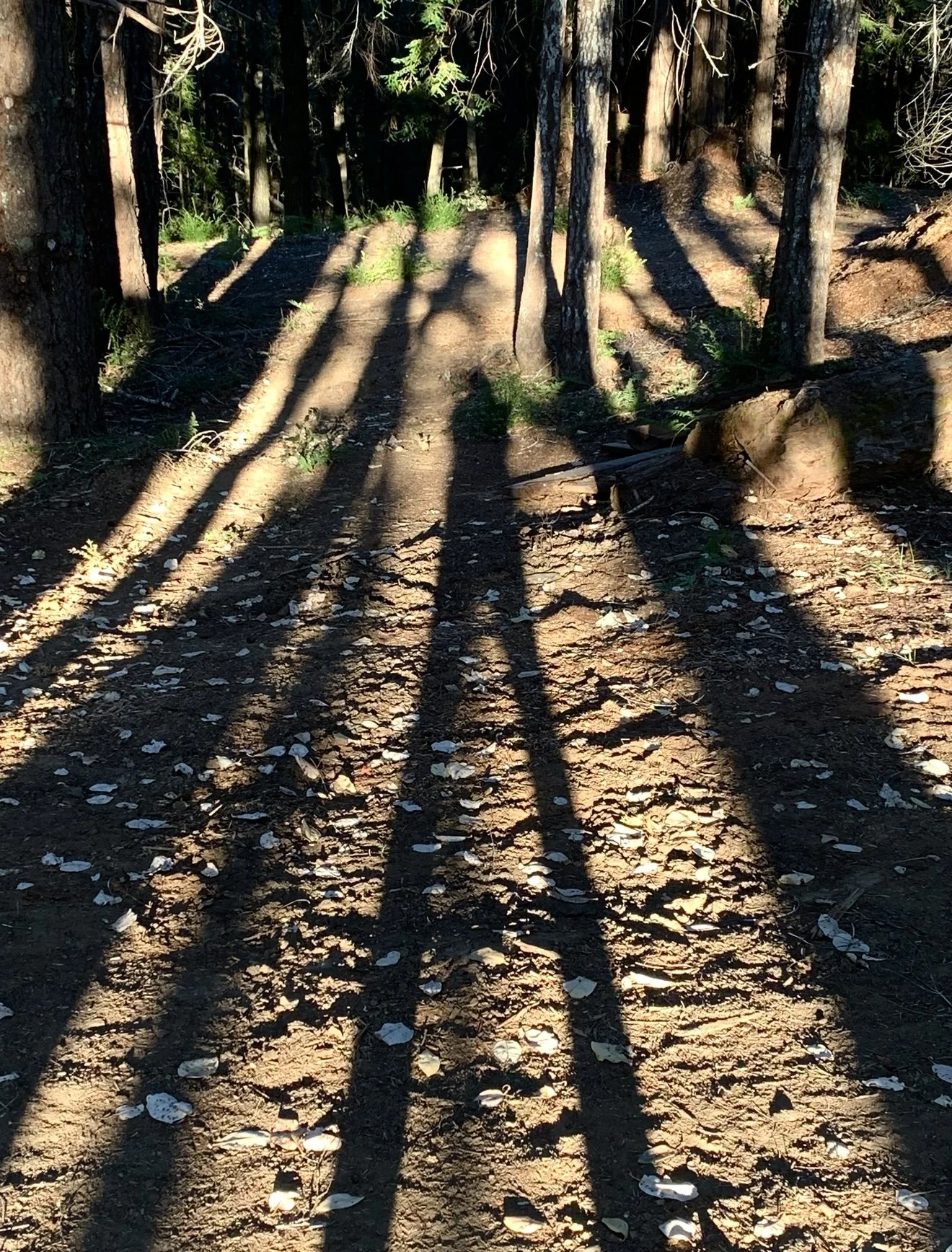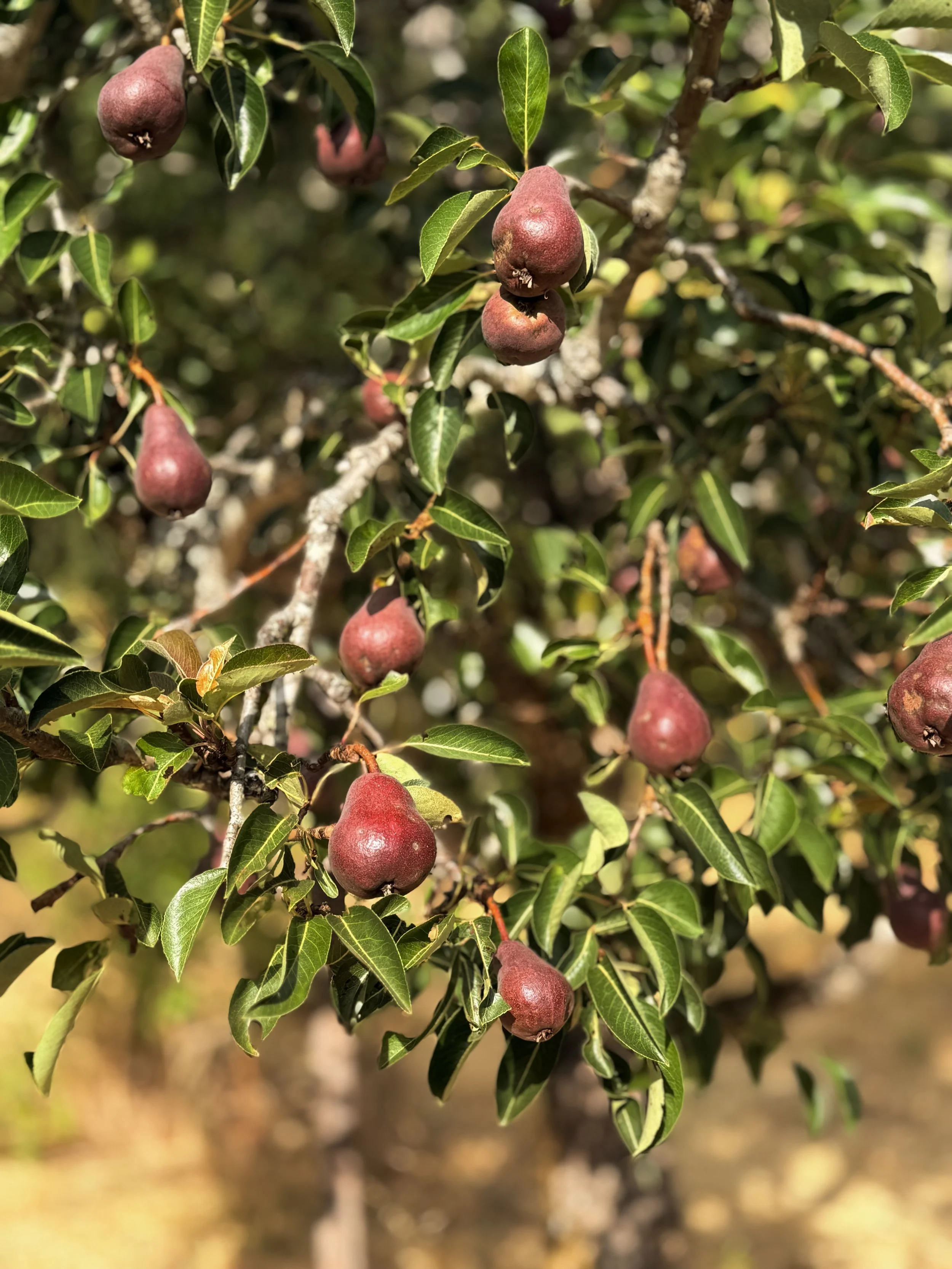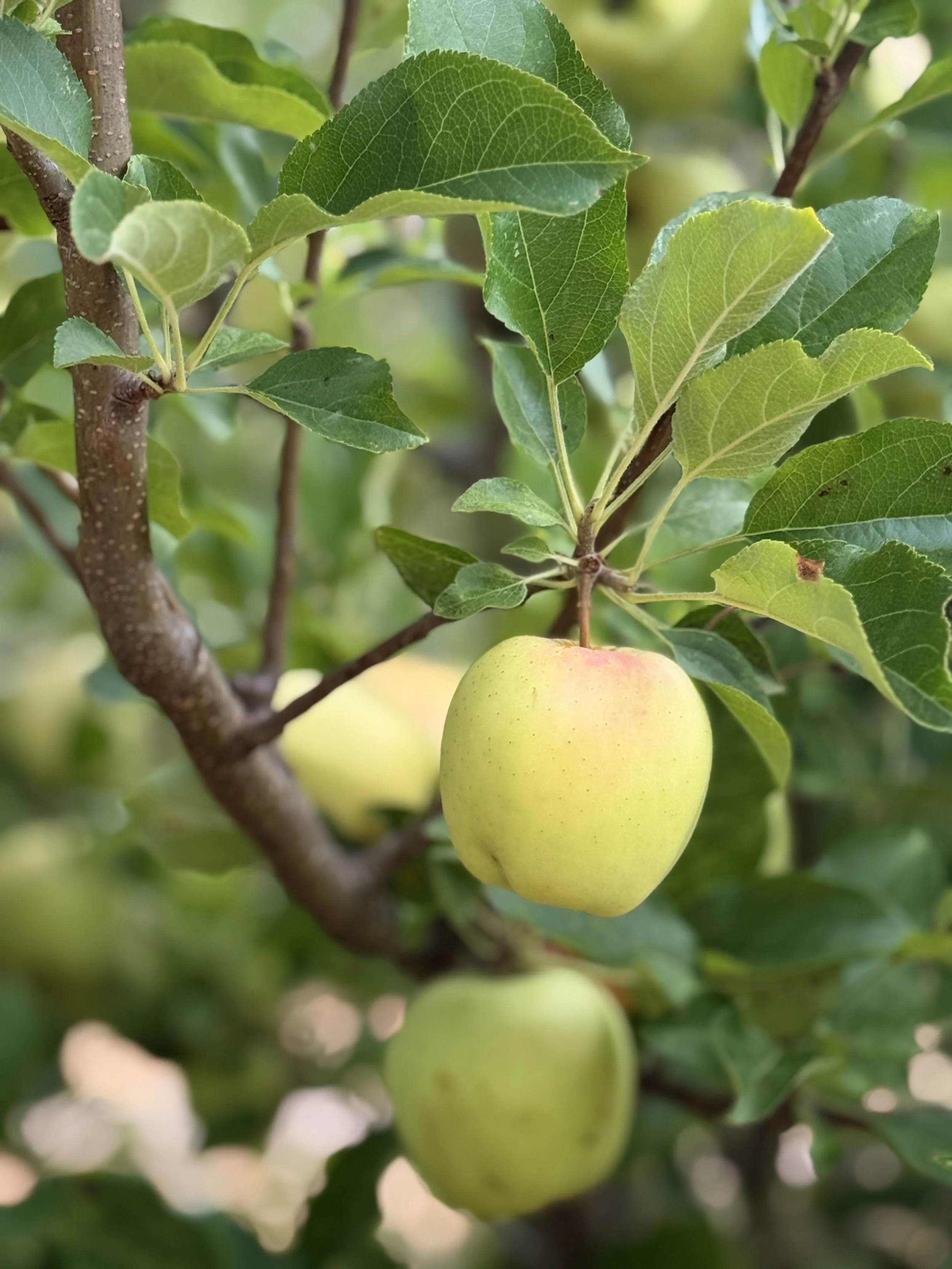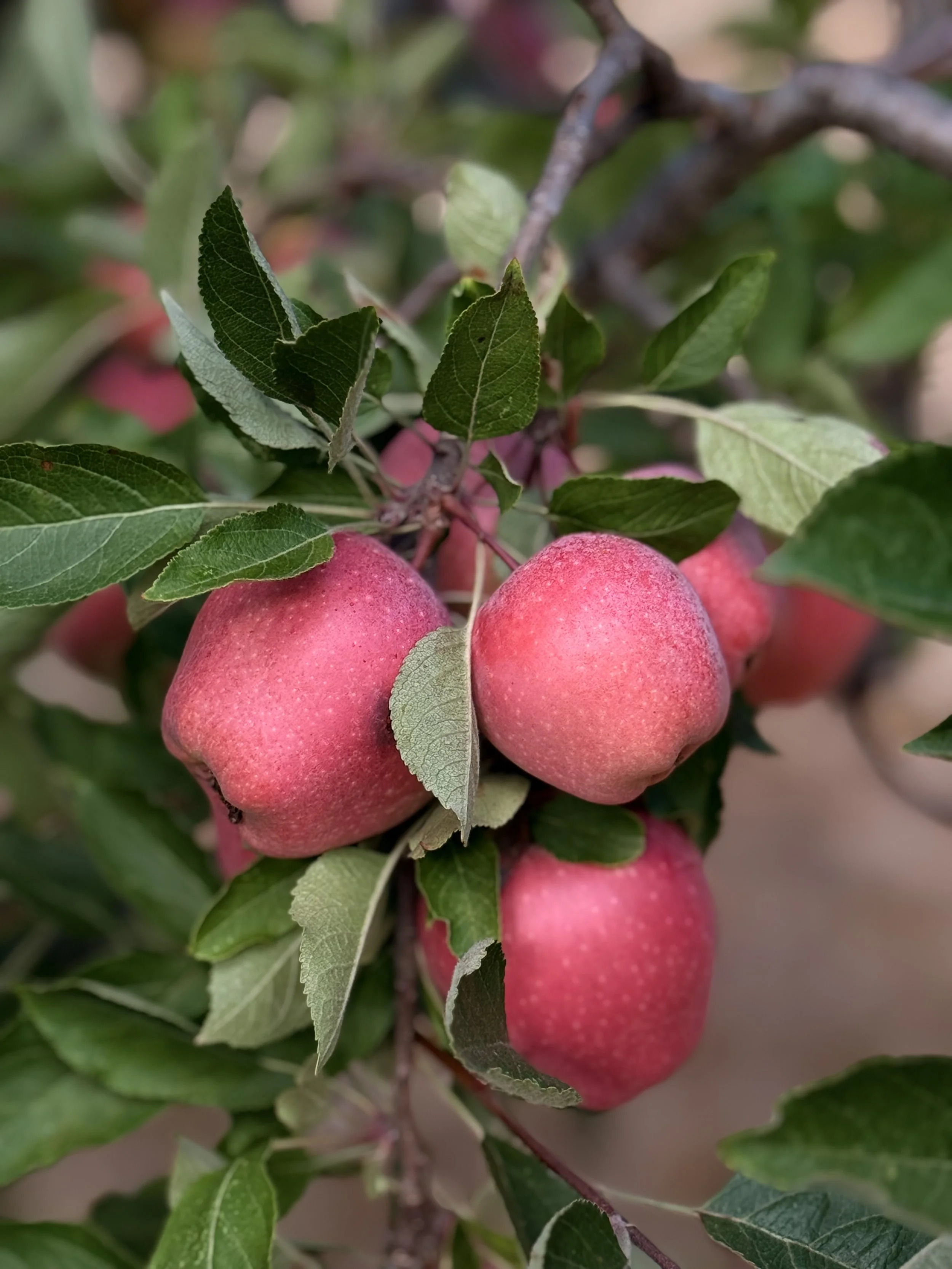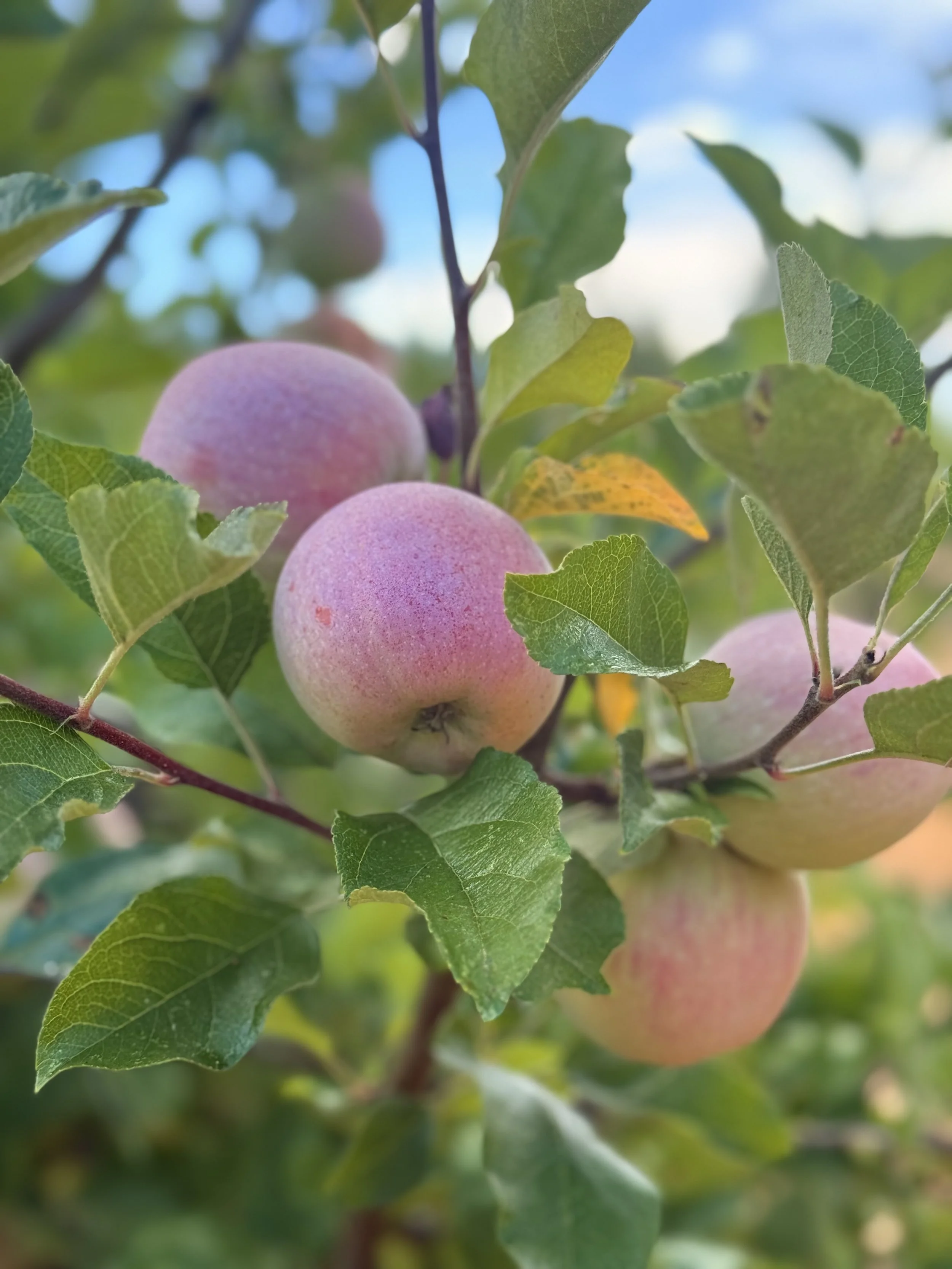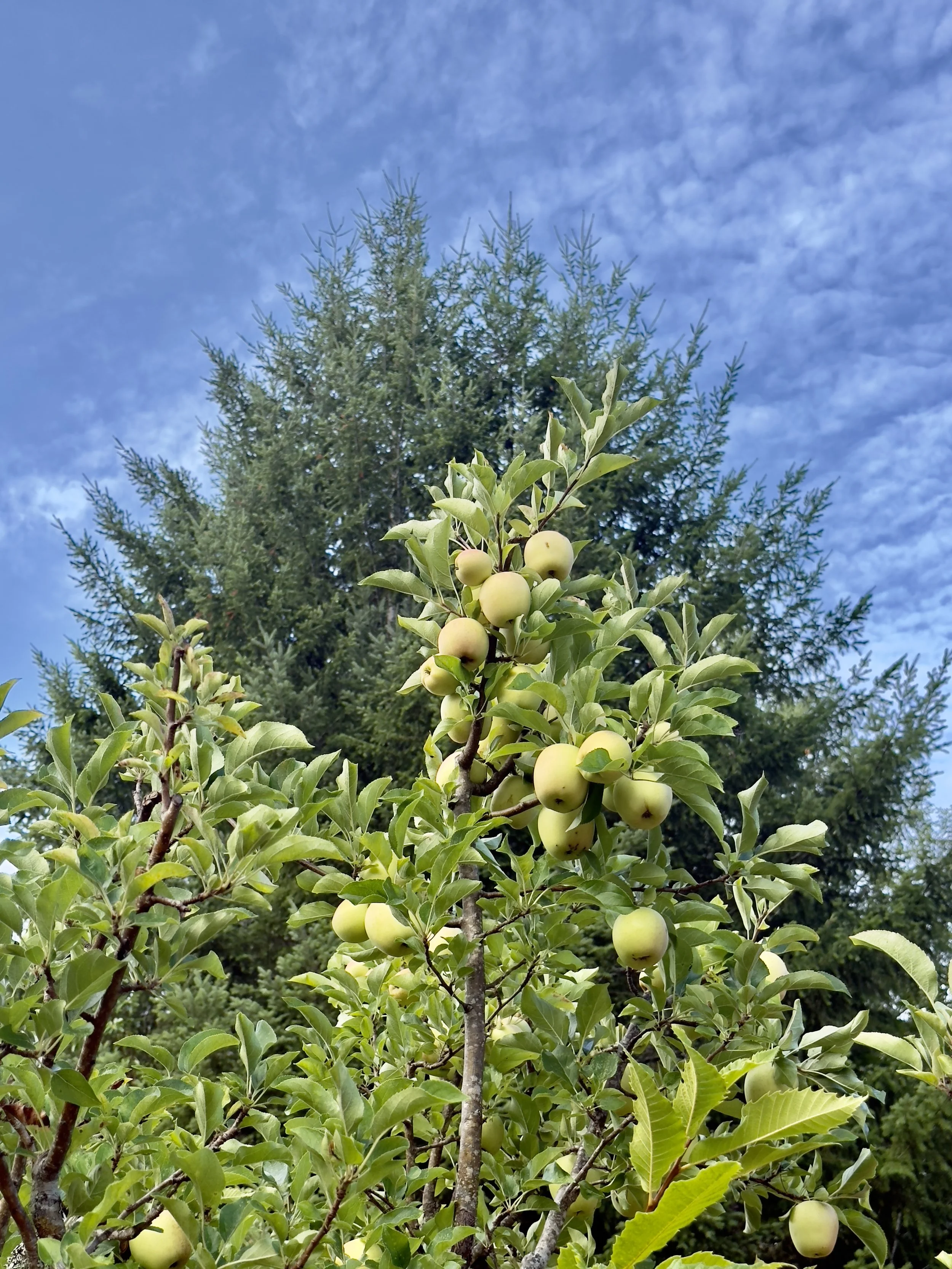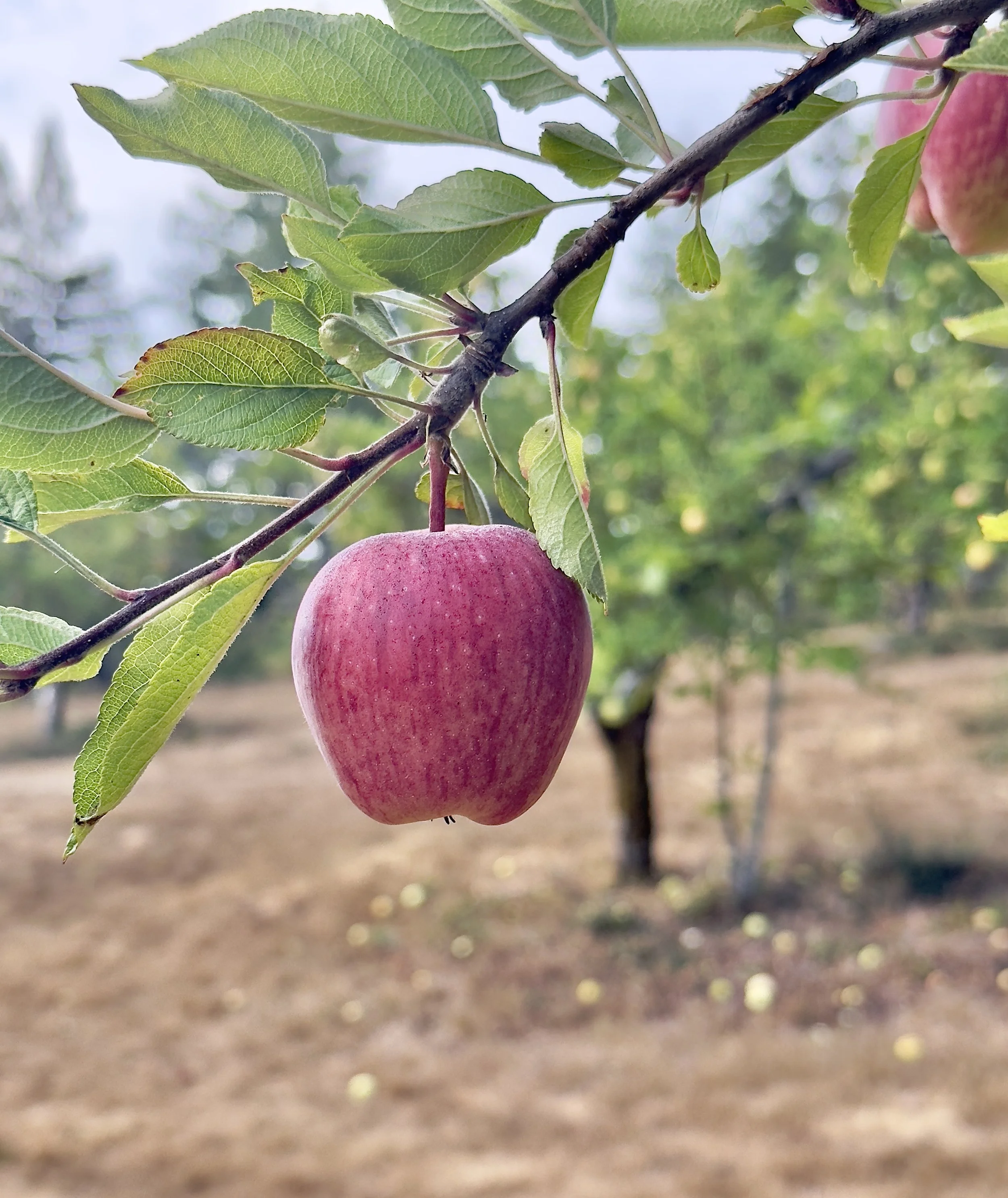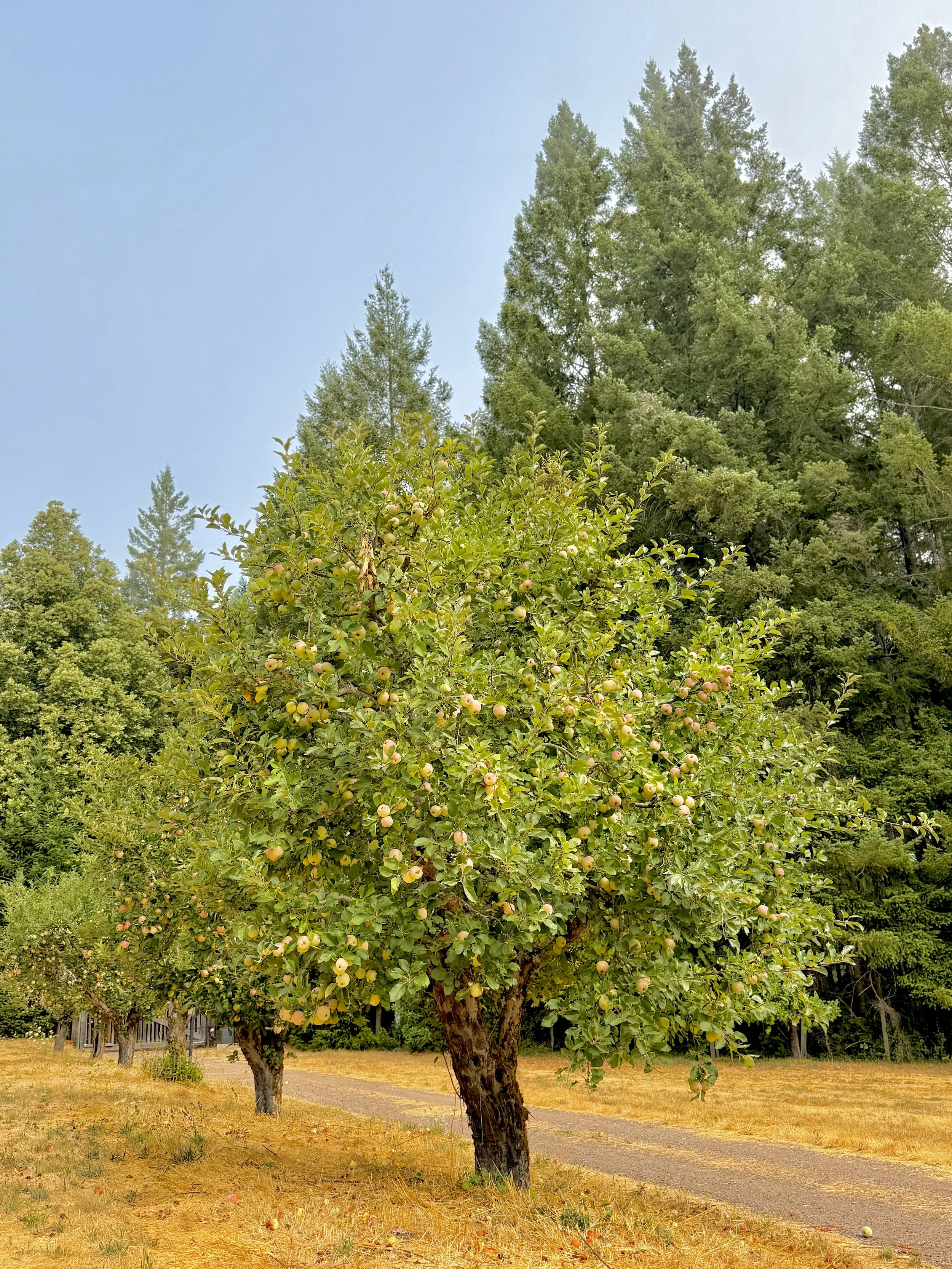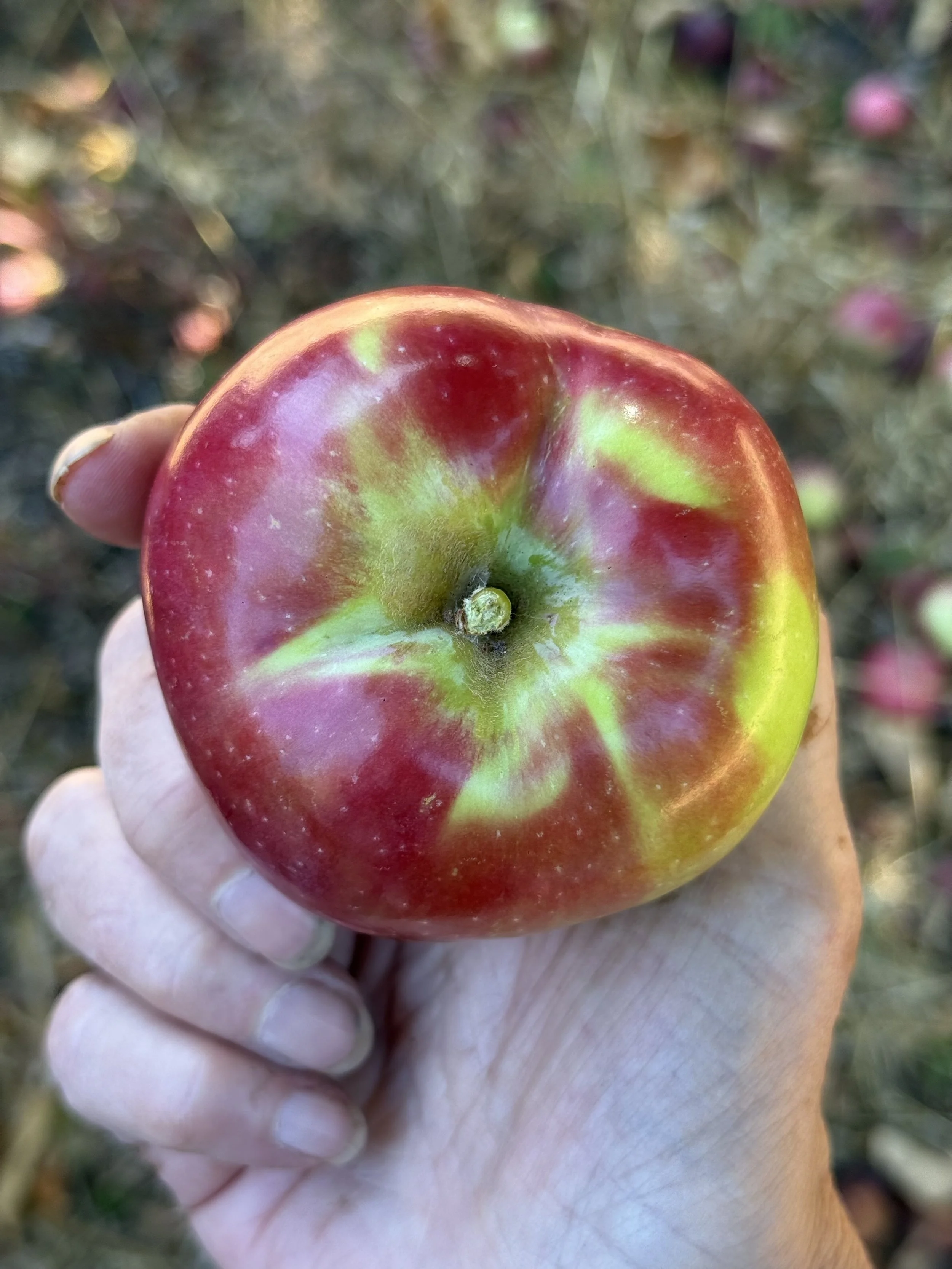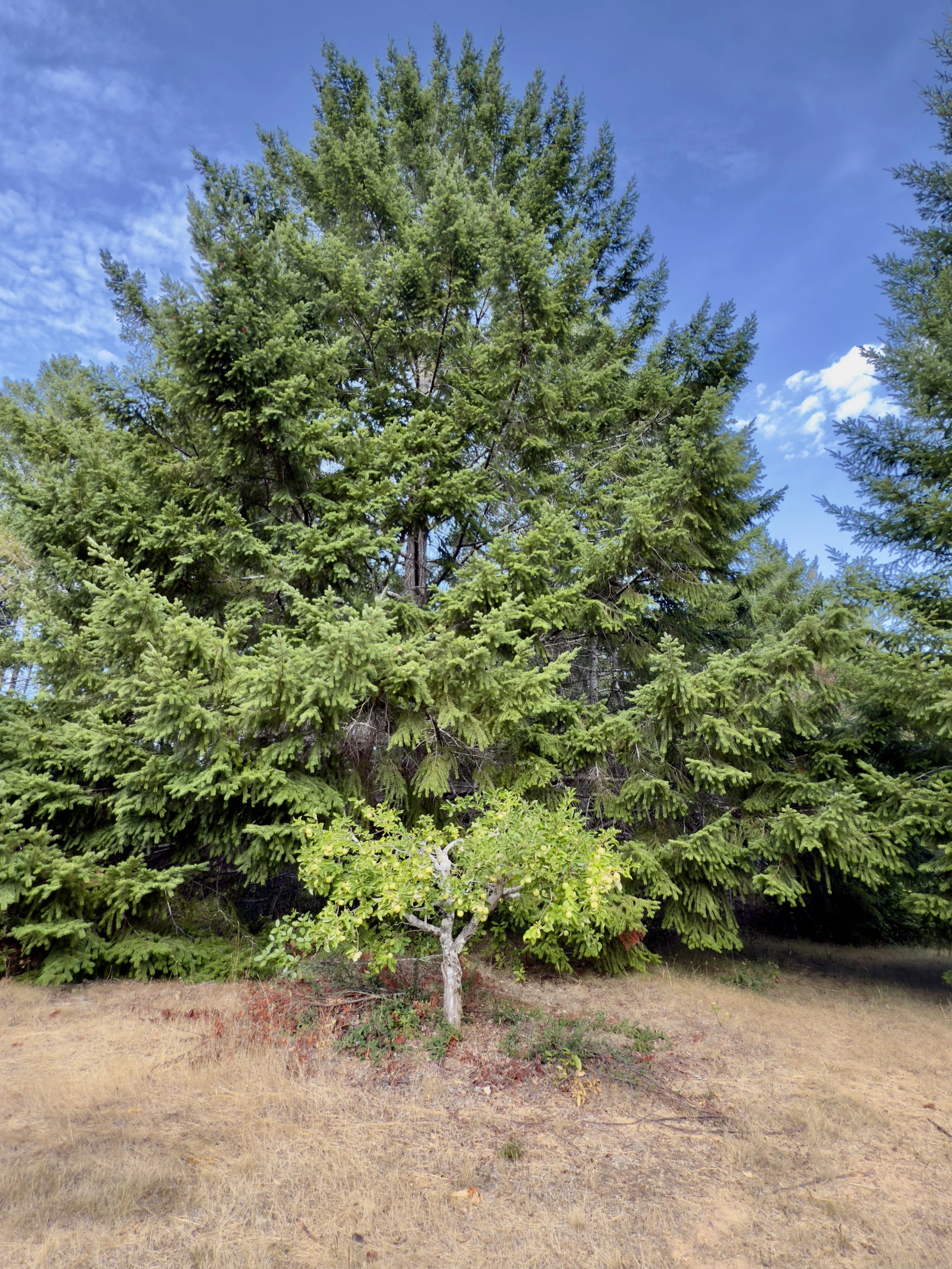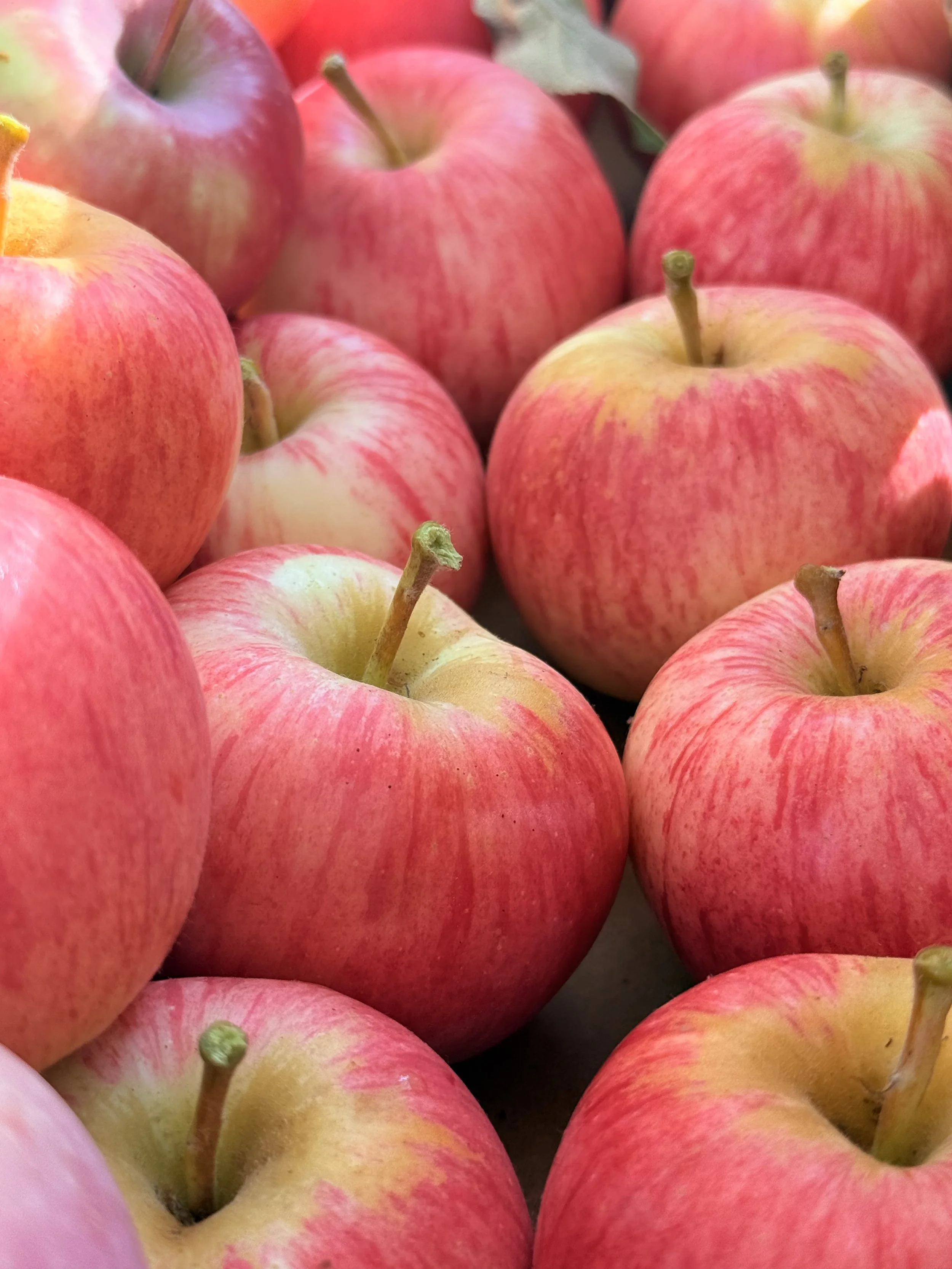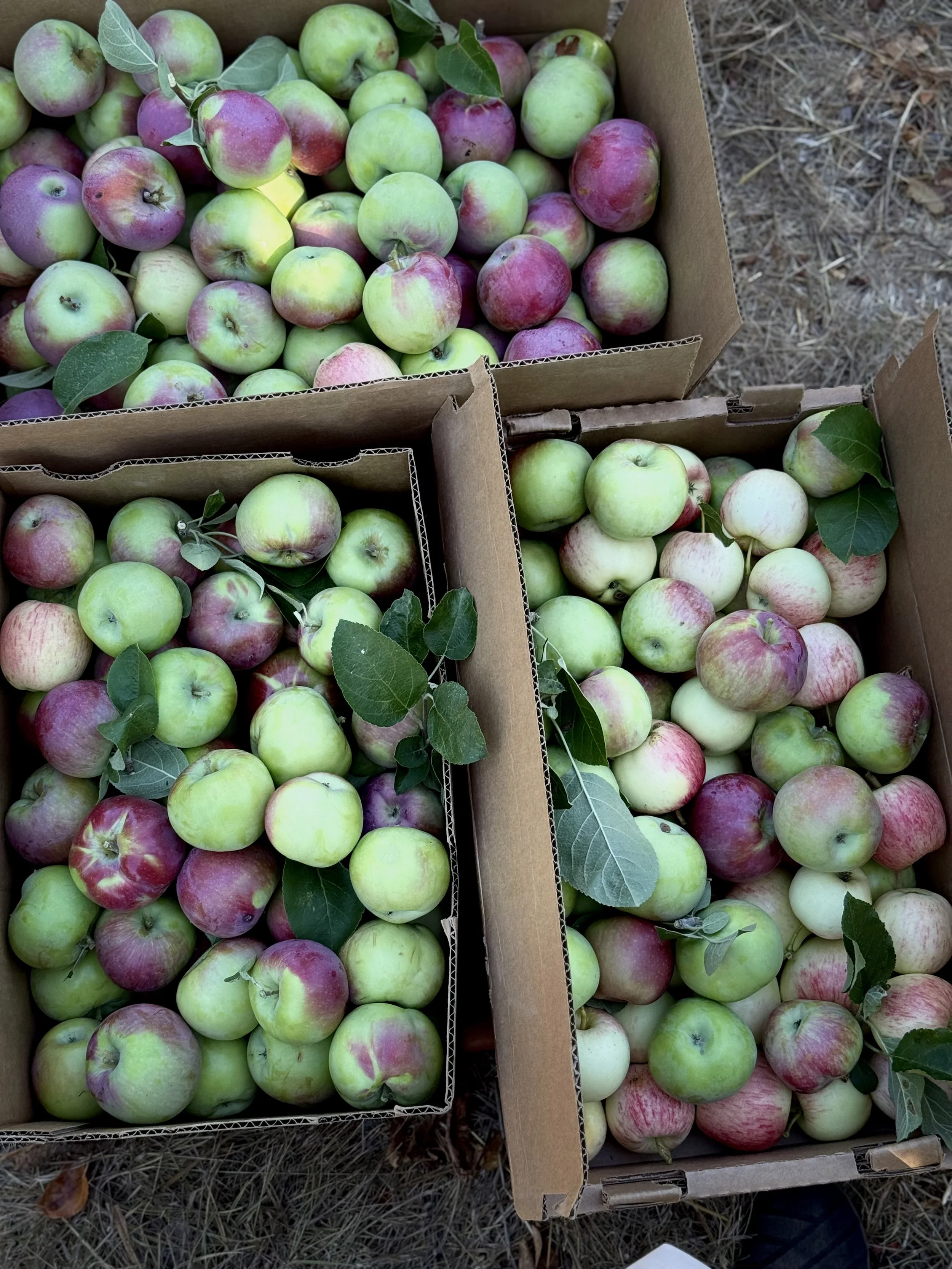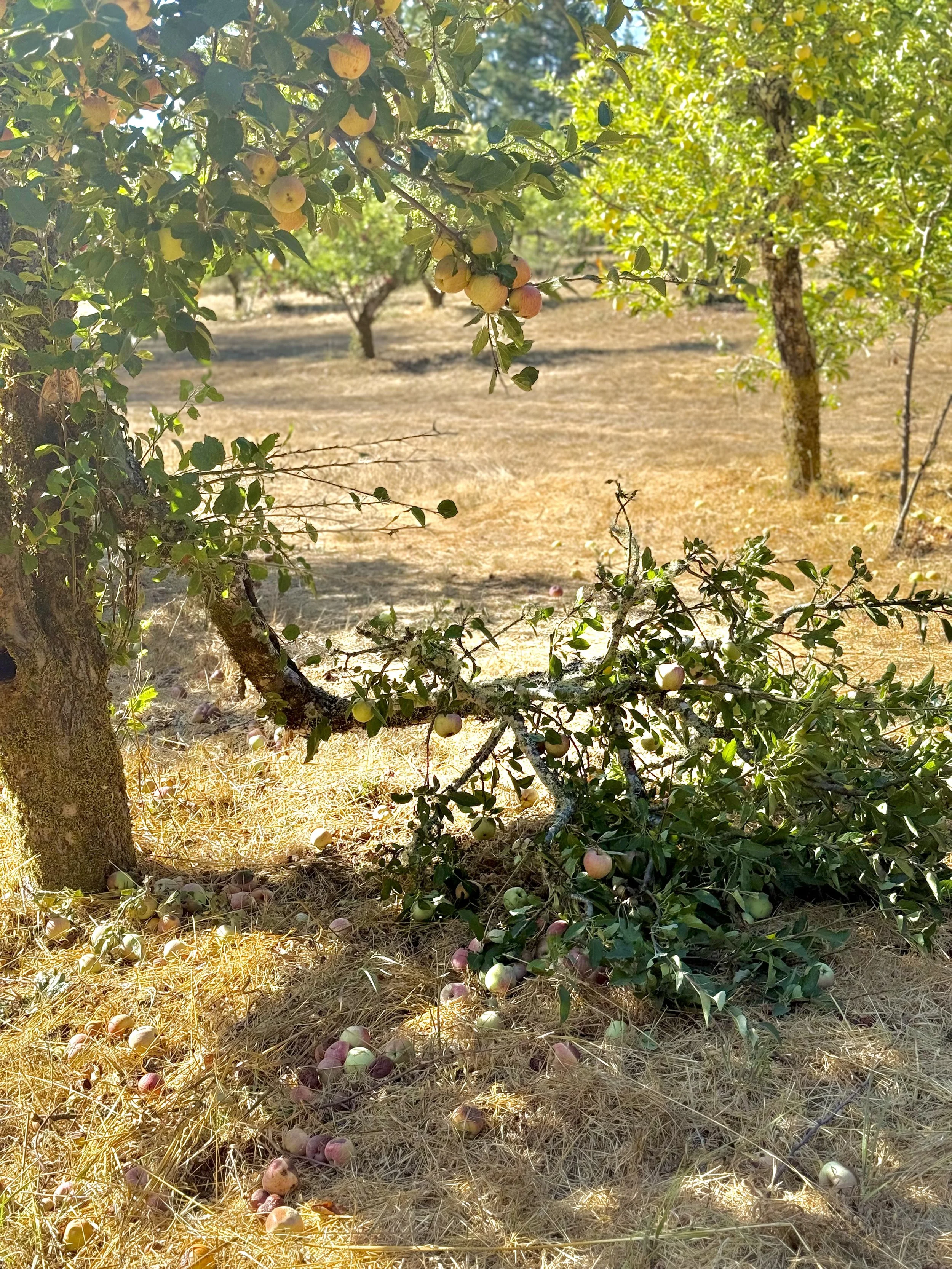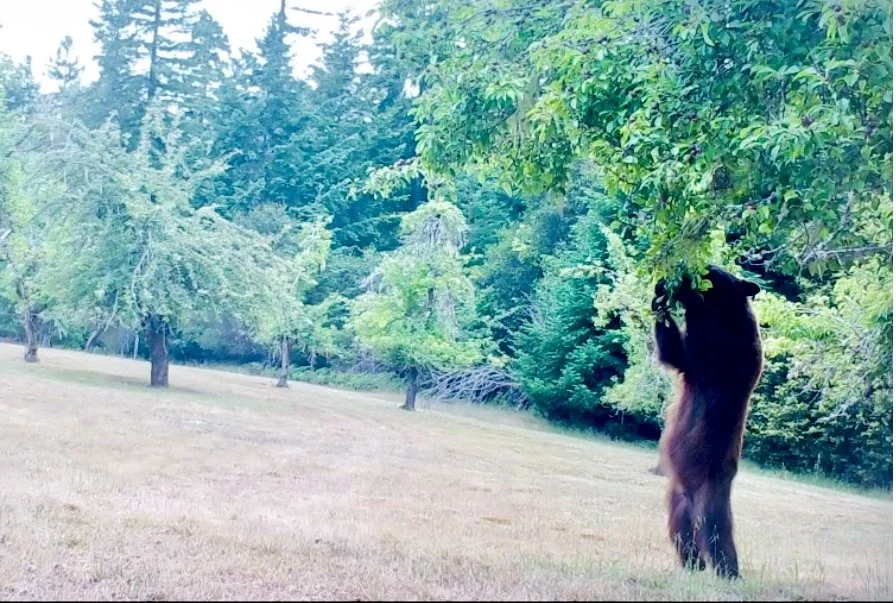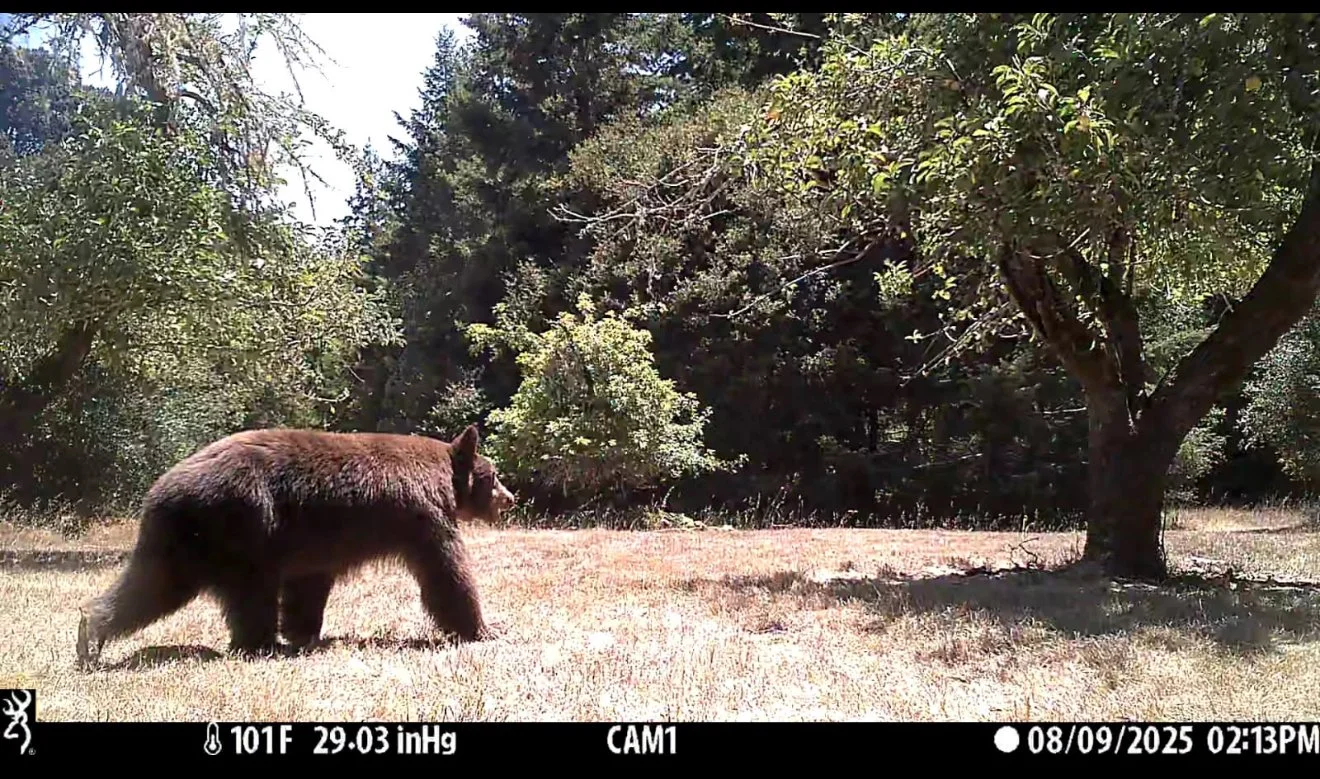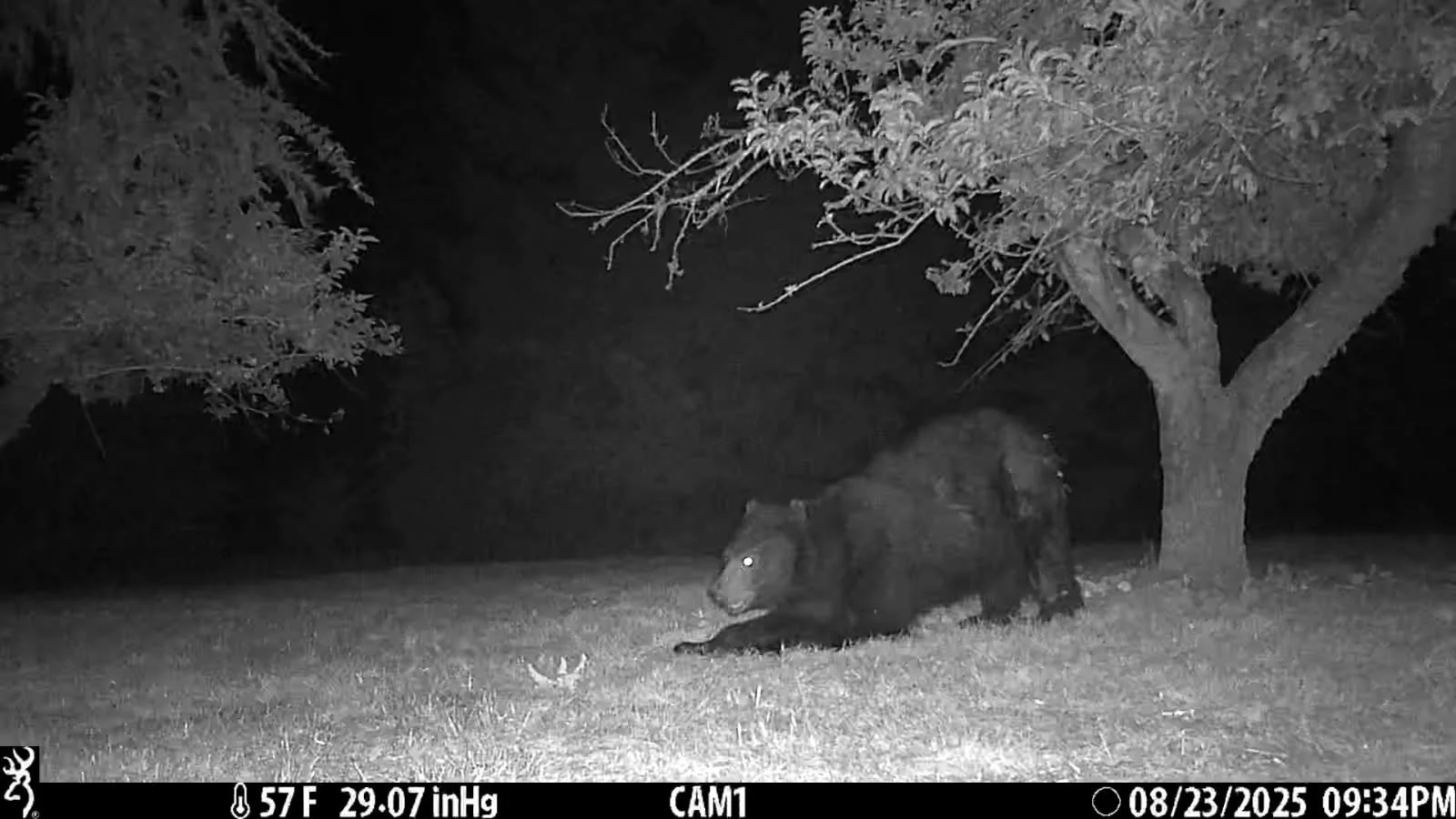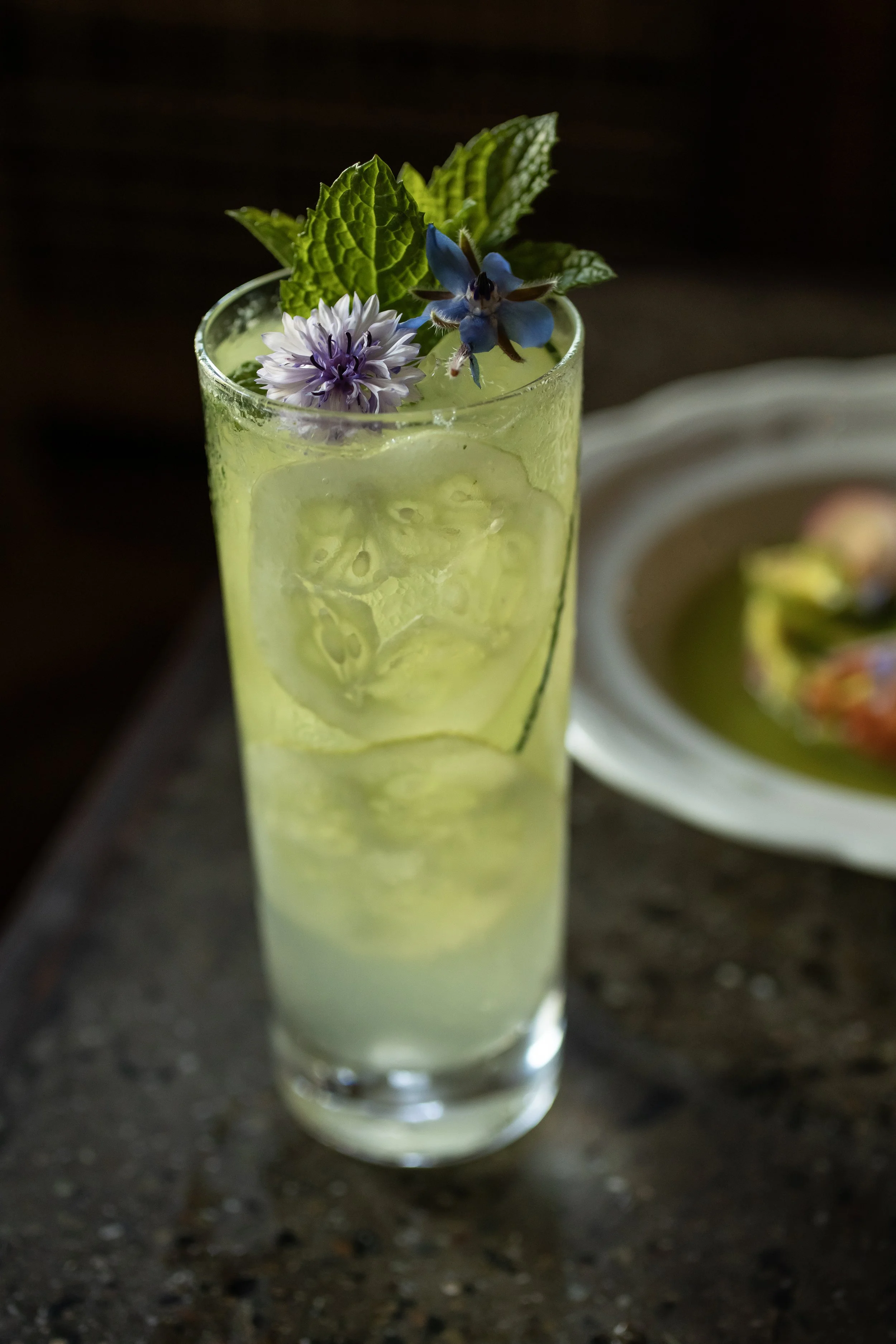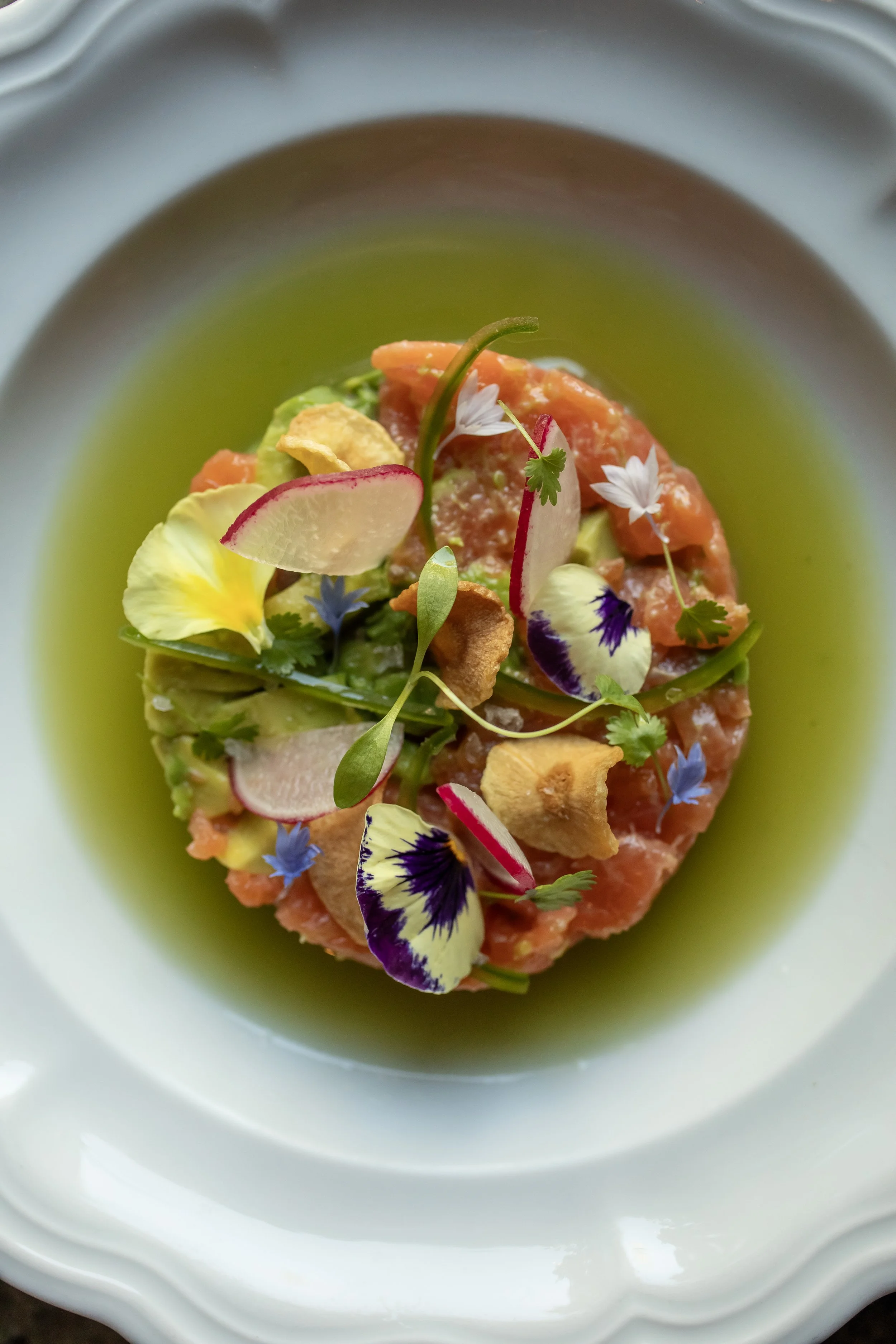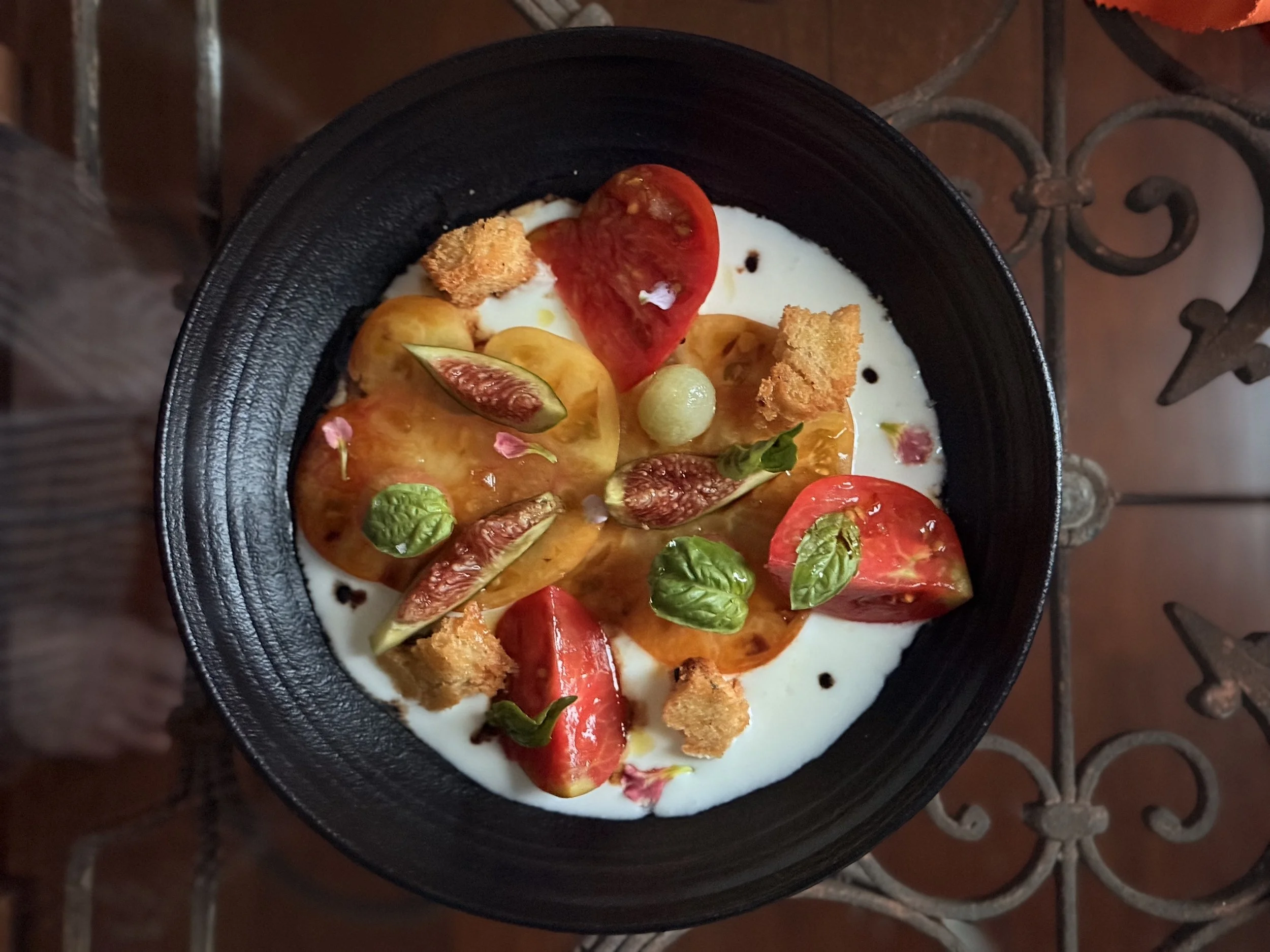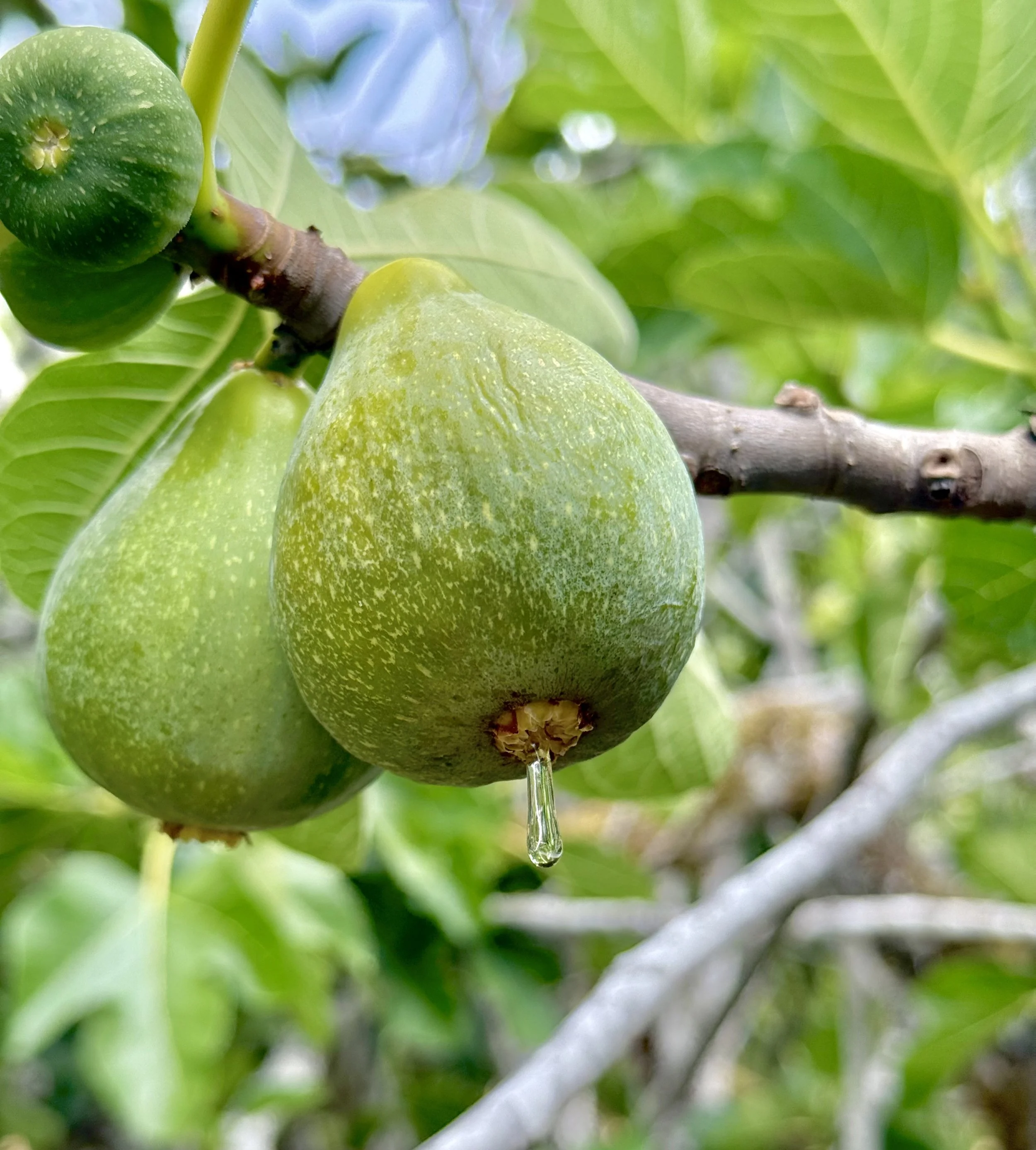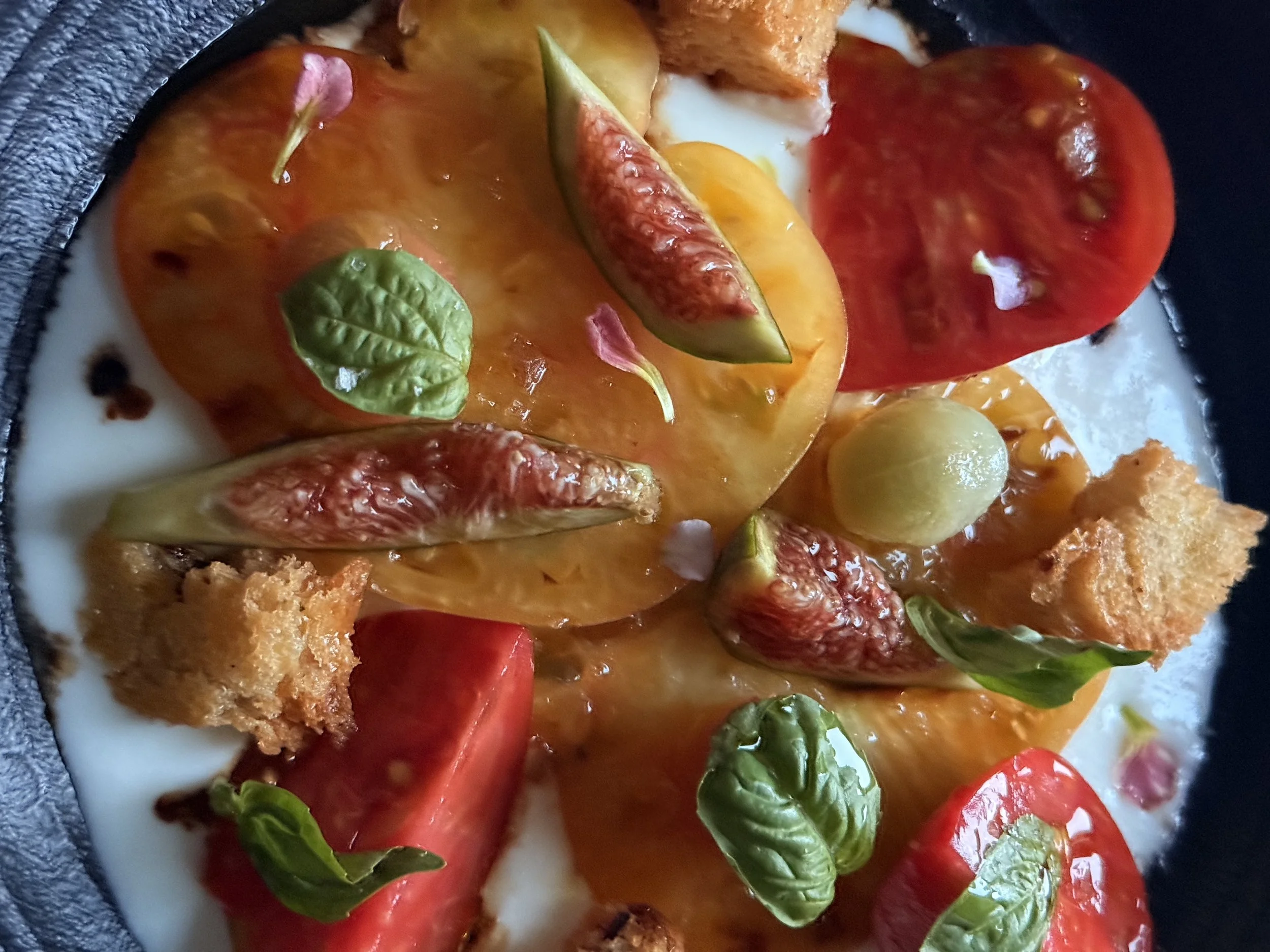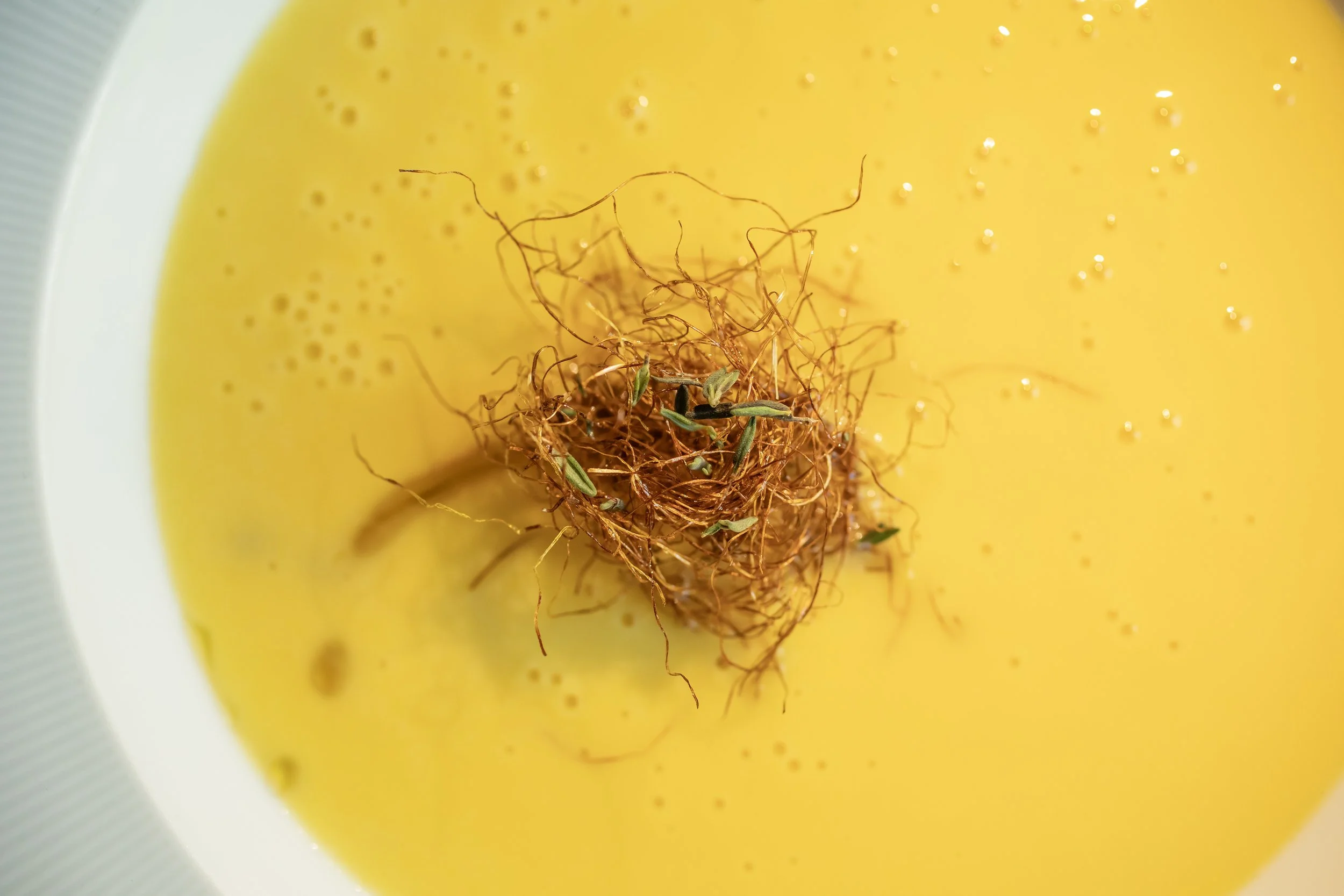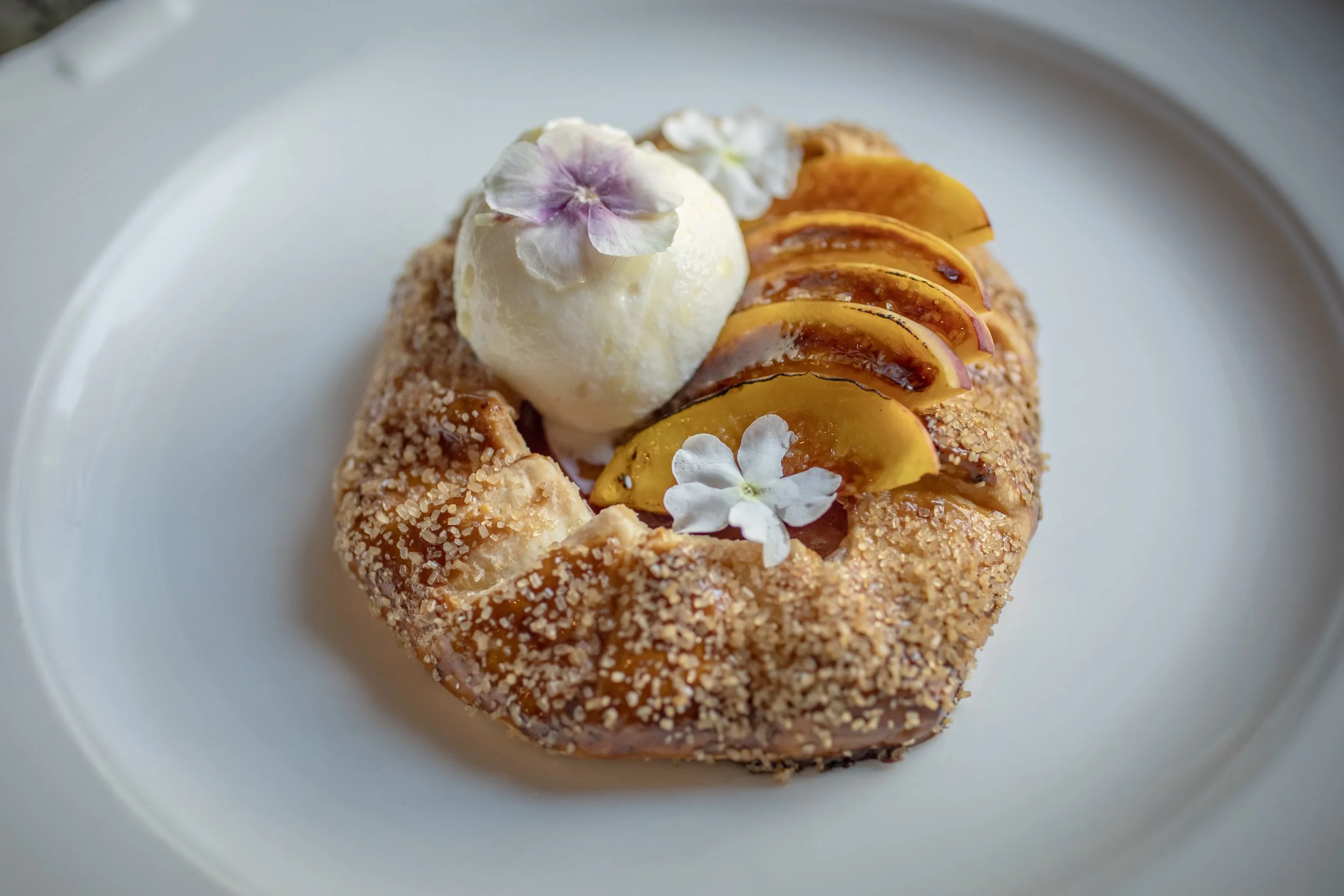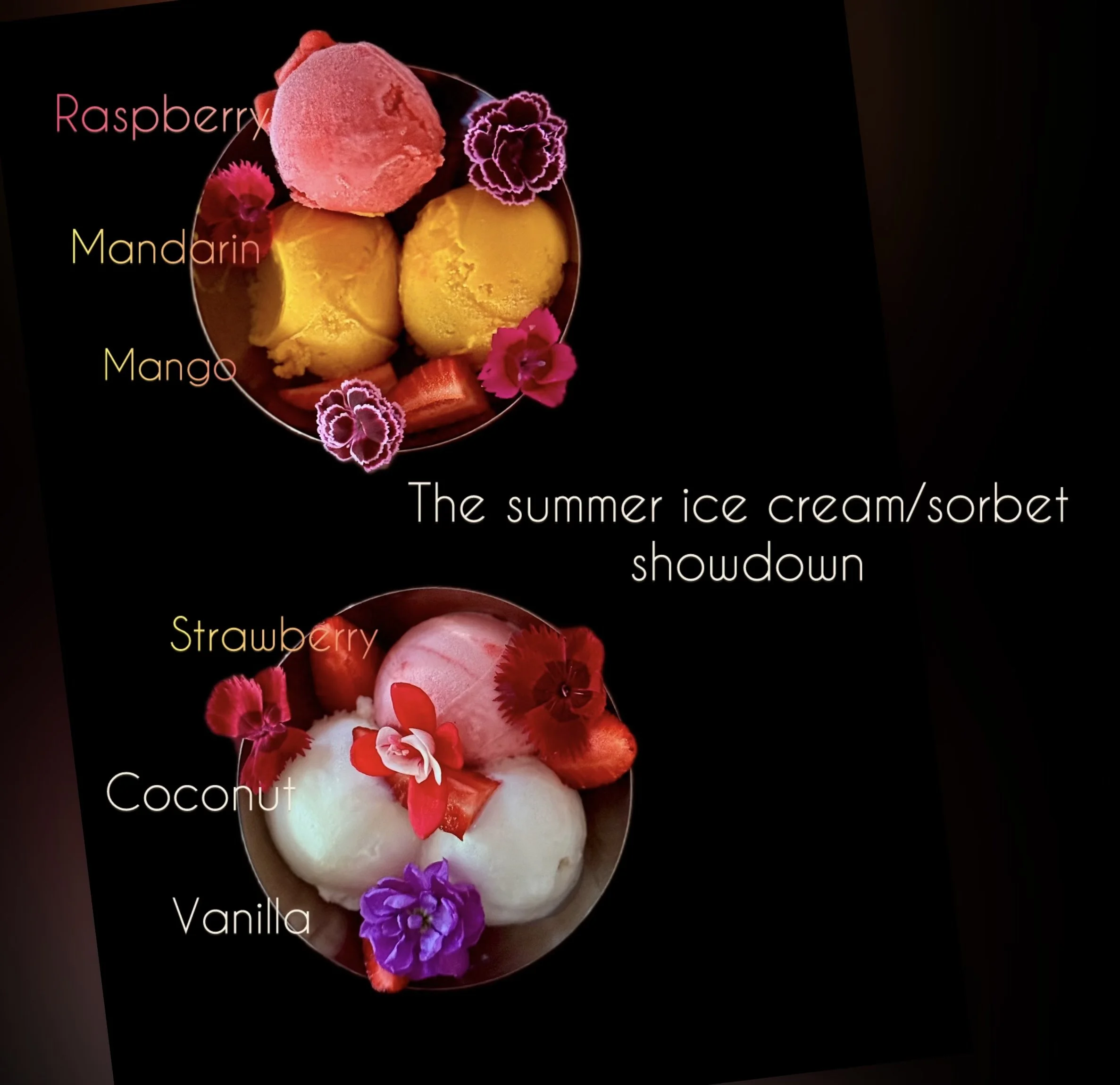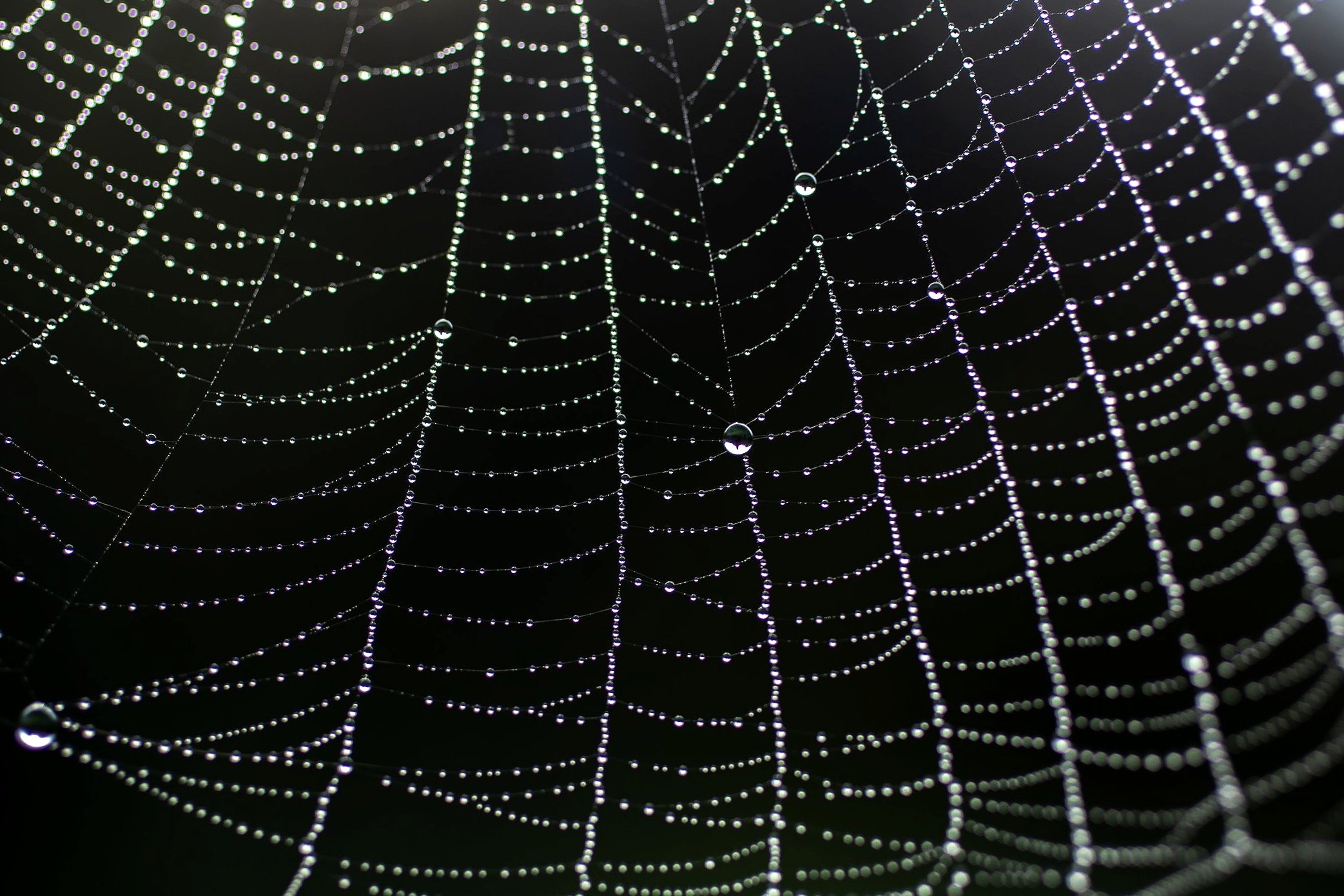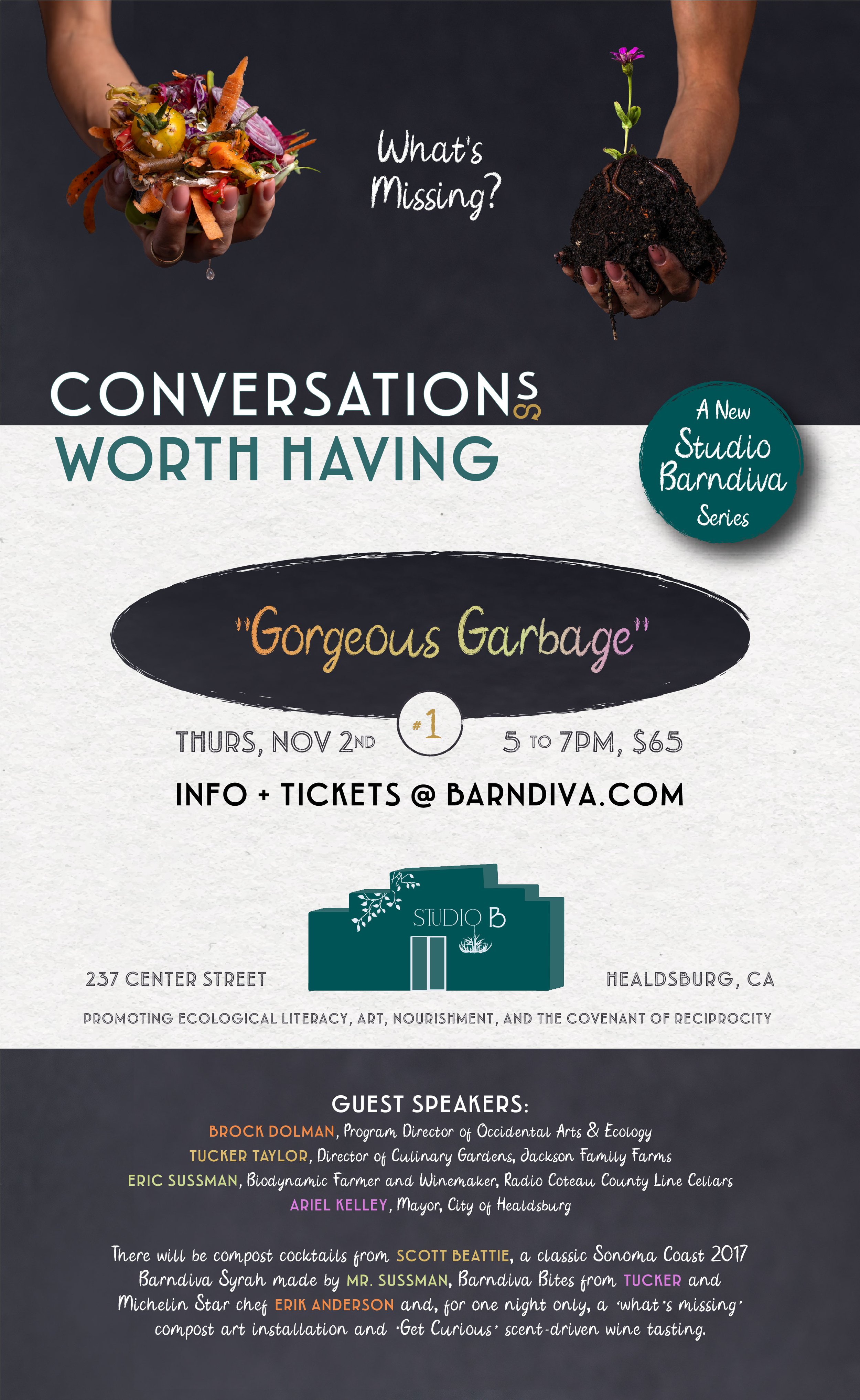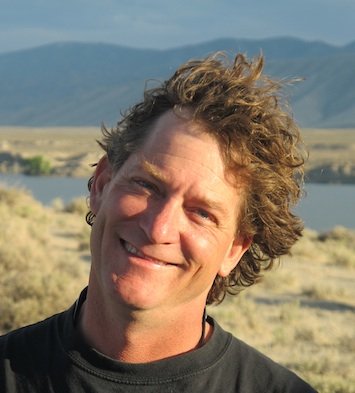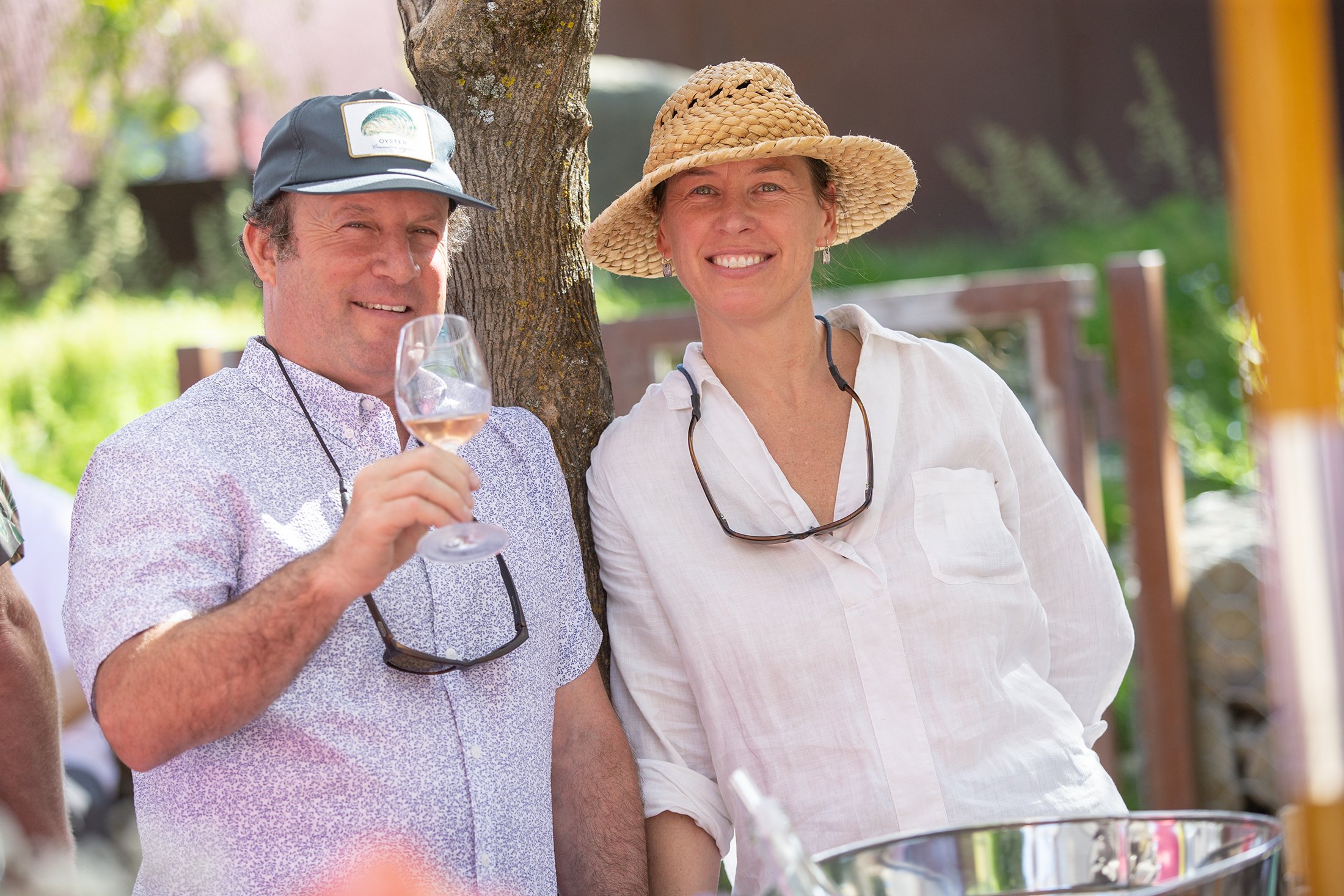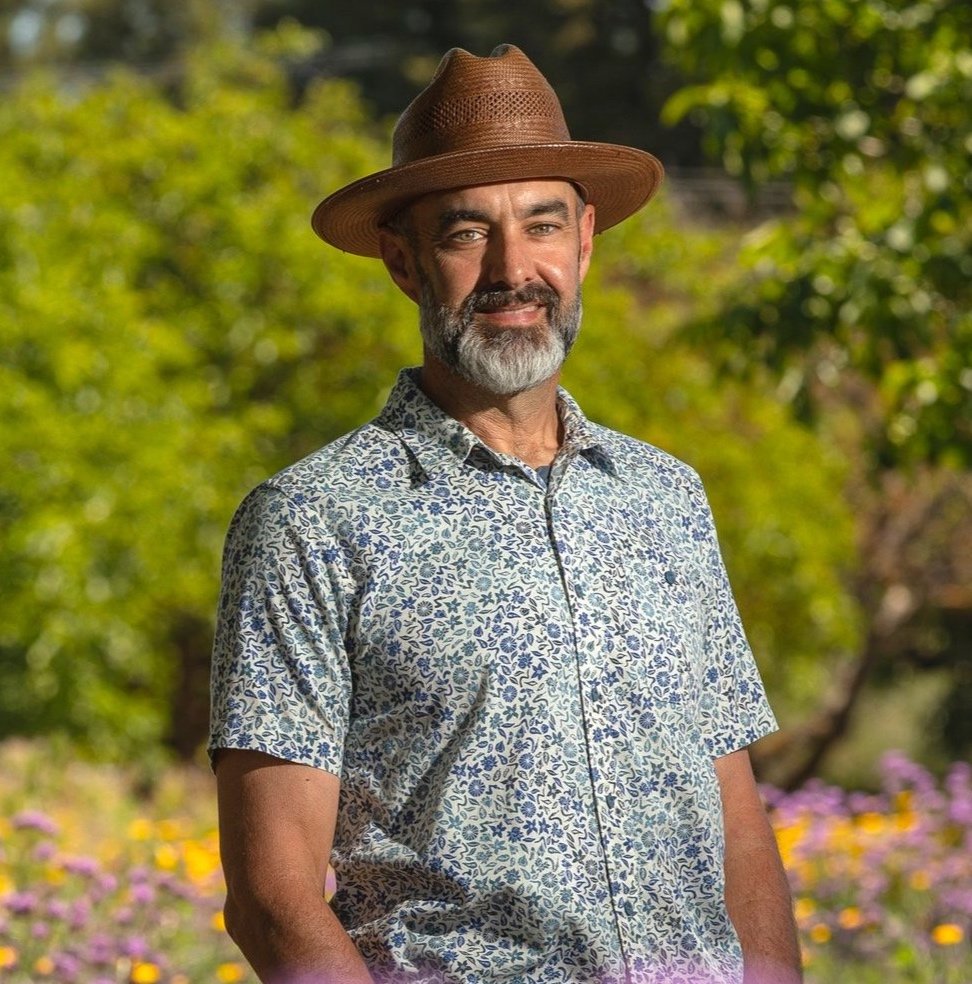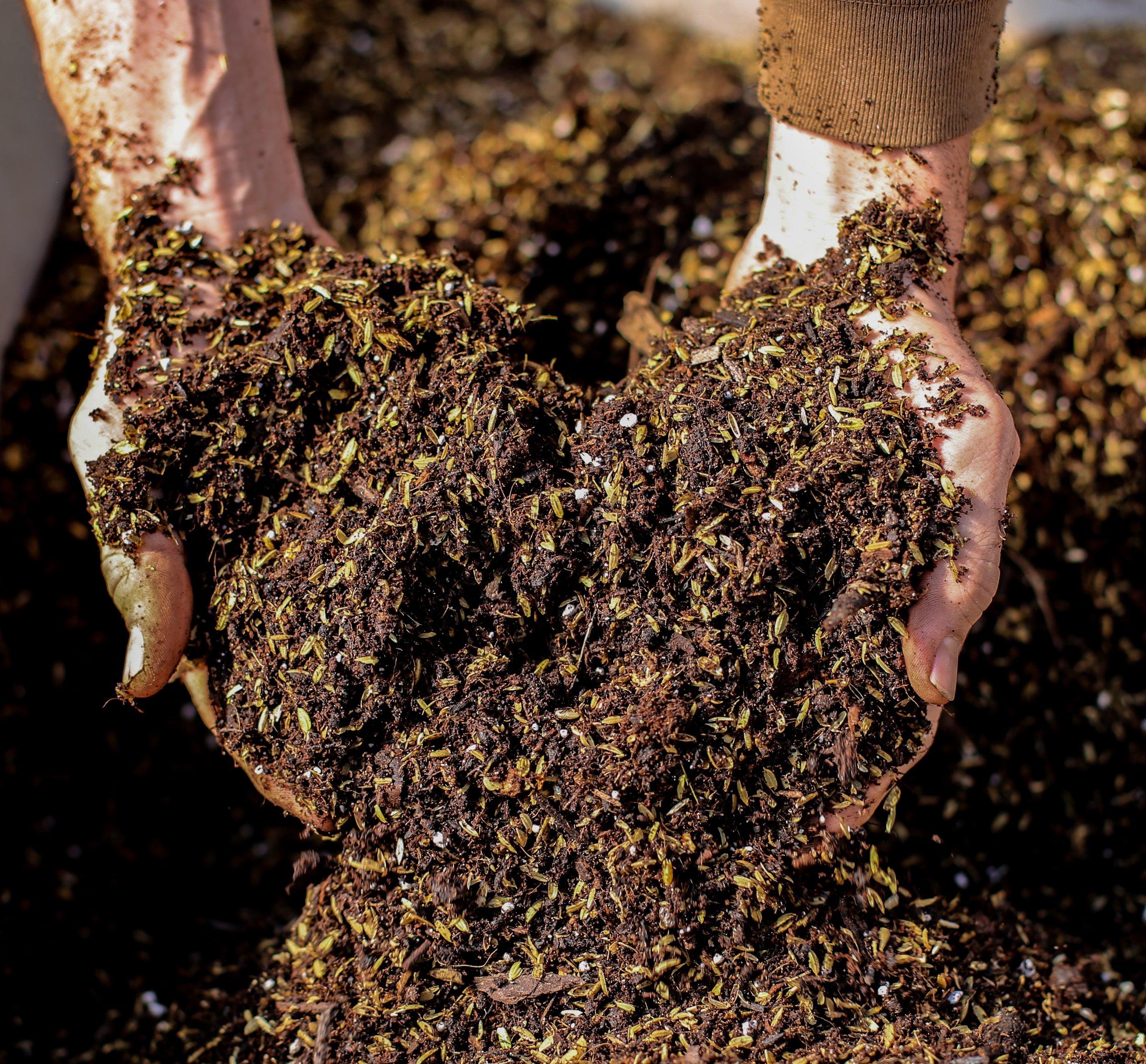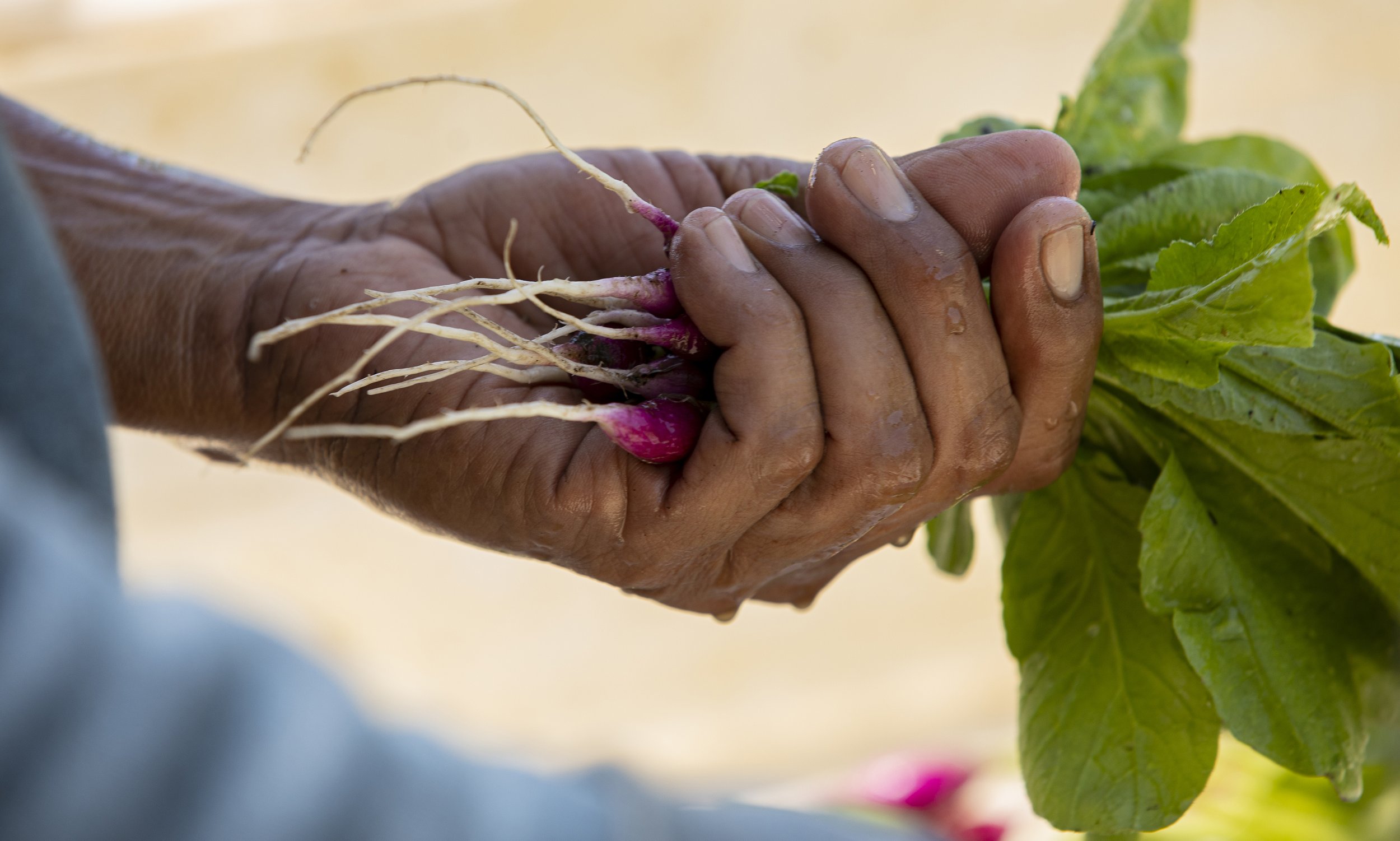It’s that time of year when it’s a race to get all our ripening fruit off the trees before our ursine ‘neighbors’ pull down the perimeter fencing like lowering a window shade and have at it. We have no complaint. Sharing fruit with the bears, the birds, all the smaller furry four legged animals that still thankfully roam the forests surrounding the farm is an act of kinship. Your care for the land can also be the land caring for you. It would be nice if they only ate what was on the plate (ground) instead of pulling whole branches down from our very very old trees, but you know, bears? Not gonna happen.
Family lore has it that once enough apples fall and begin to ‘marinate’ in their own luxurious juices, the bears become intoxicated from the heady fumes and begin to cast about like drunken sailors. Do all nighters in the orchards, dancing to a mysterious playlist. One of our most infamous cocktails ‘why bears do it,’ speaks to this love affair with the apple. This is a Heads-up time in the orchards as bears don’t mind their manners, sober or tipsy, and what they eat goes right through them - its wise to watch where you walk.
Why Bears Do It and a new cocktail garnished with our Pink Lady and Macintosh will be on the menu this week; Connel Reds in late summer salads; Bartlett pears, in deserts. We plan to keep a basket at the door of different varietals as we pick them so guests can take some home as they leave.
Apple farms are an increasingly rare thing in Northern California - the reasons why, which we’ve written about before - make for a longer and frankly depressing post - suffice to say what we have up here on Greenwood Ridge is a museum of antique flavors that have all but disappeared. But oh, the variety of fruit being grown in old orchards like ours is subtle and astounding. Each tree, depending on its slant on the hillside, has a distinct flavor profile. These varietals all had a place in family recipes once upon a time, and the families who tended these orchards would be jamming and canning all summer, when putting up food for winter was necessary to sustain them. The world of three or four varities you see all year at the super market that has been dulled by months of refrigeration speak to a dumbed down world of apple flavors and textures. It’s a dumbed down world in general. There is no fighting the lost cause of disappearing varieties across the fruit and vegetable world. We knew this decades ago. Yet still we care for the orchards, prune them in spring, thin and prop in summer. If we can get enough hands on deck we will juice at The Philo Apple Farm on ‘community day,’ a break from their non-stop harvest as one of the remaining full production organic apple farms around.
Organic apples that have been dry farmed like ours are rare however. They have sun-blasted concentrated juices - not perfect looking by any means, not pumped up (flavors watered down) from irrigation. They have thicker skins, the better to protect the flesh, and you will sometimes find critter litter near the core. All 24+/- of our heritage trees, many grafted to very old wood by master orchardist Vidal Esponosa, have flavors that speak to the weather up here on the ridge; a medley of textures and aromas, faint but redolent. Close your eyes and you get a hint of eau du ridge- top note of carmelized fruitsugar, middle notes of early morning fog from the Pacific filtered through the redwoods, base note of umami mountain funk.
Summer is almost gone, shouts from the pond have faded, our back aches linger longer in the mornings. But it is worth it all to wake and see autumnal fog blanketing the trees, breath in the perfume of all these apples. To savor the completeness that satisfies the dreamer long after she’s forgotten the dream.
The California Grizzly that features as our state symbol has been extinct since the 1920’s, extirpated due to habitat loss and overhunting. But bears play a continuing role as ‘ecosystem engineers’ up here - their nutrient ‘recycling’ programs contribute all across our orchards, as well as a thing to behold, I mean these guys eat and defecate all night long people. But their size, which can be quite large, belies a shy and non-aggressive nature.
The wild California Black Bears - though they come in many shades of brown - that roam these mountains are gentle souls. In the over four decades we have been here we’ve yet to run into one face to face. These images, courtesy of our thoughtful neighbor Dennis, whose family was one of the earliest settlers to Anderson Valley, looked out his kitchen window earlier this week and came face to face with one of the midnight marauders in his orchard. They had a brief staring contest. Then the bear took off before Dennis could say boo.

